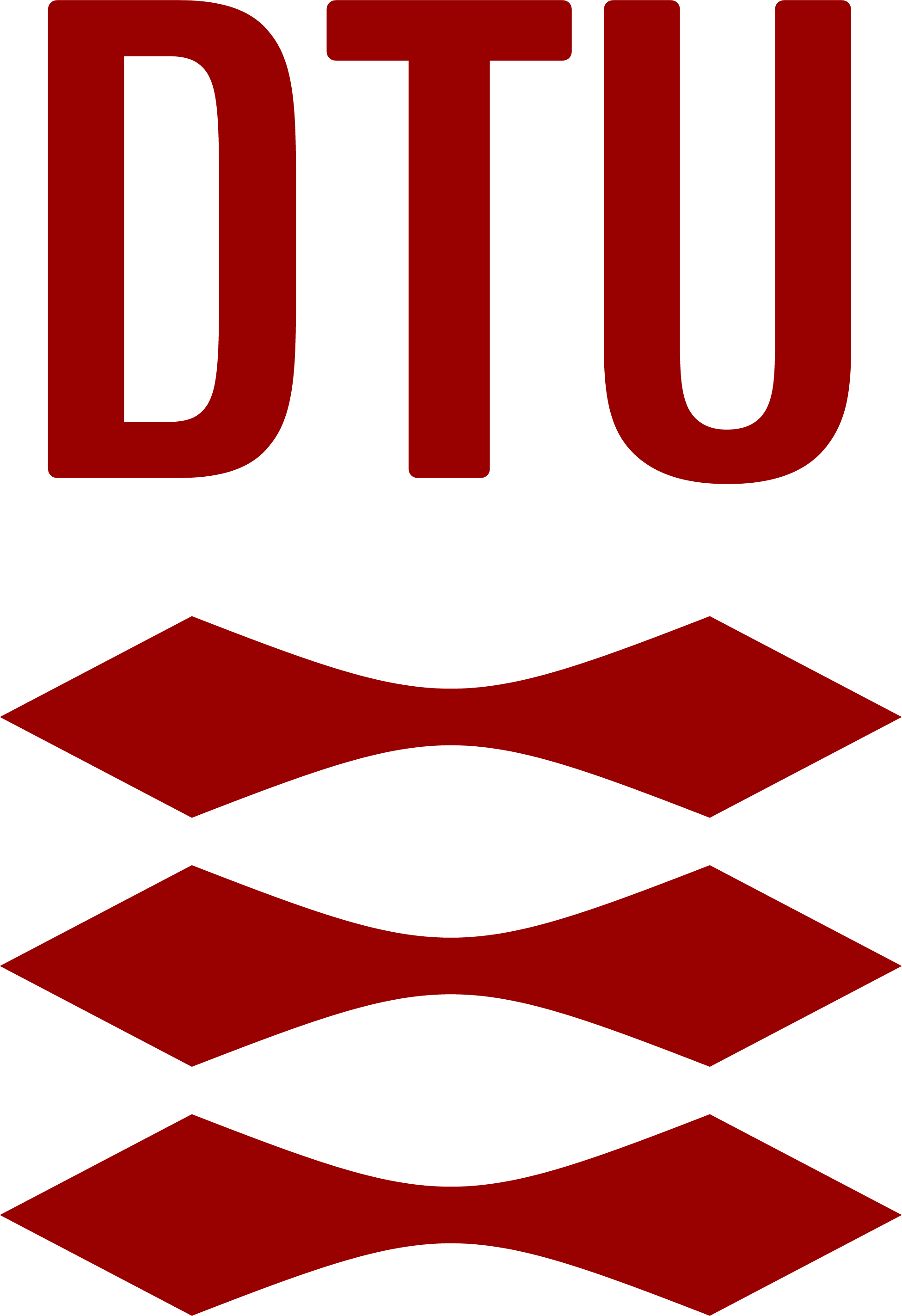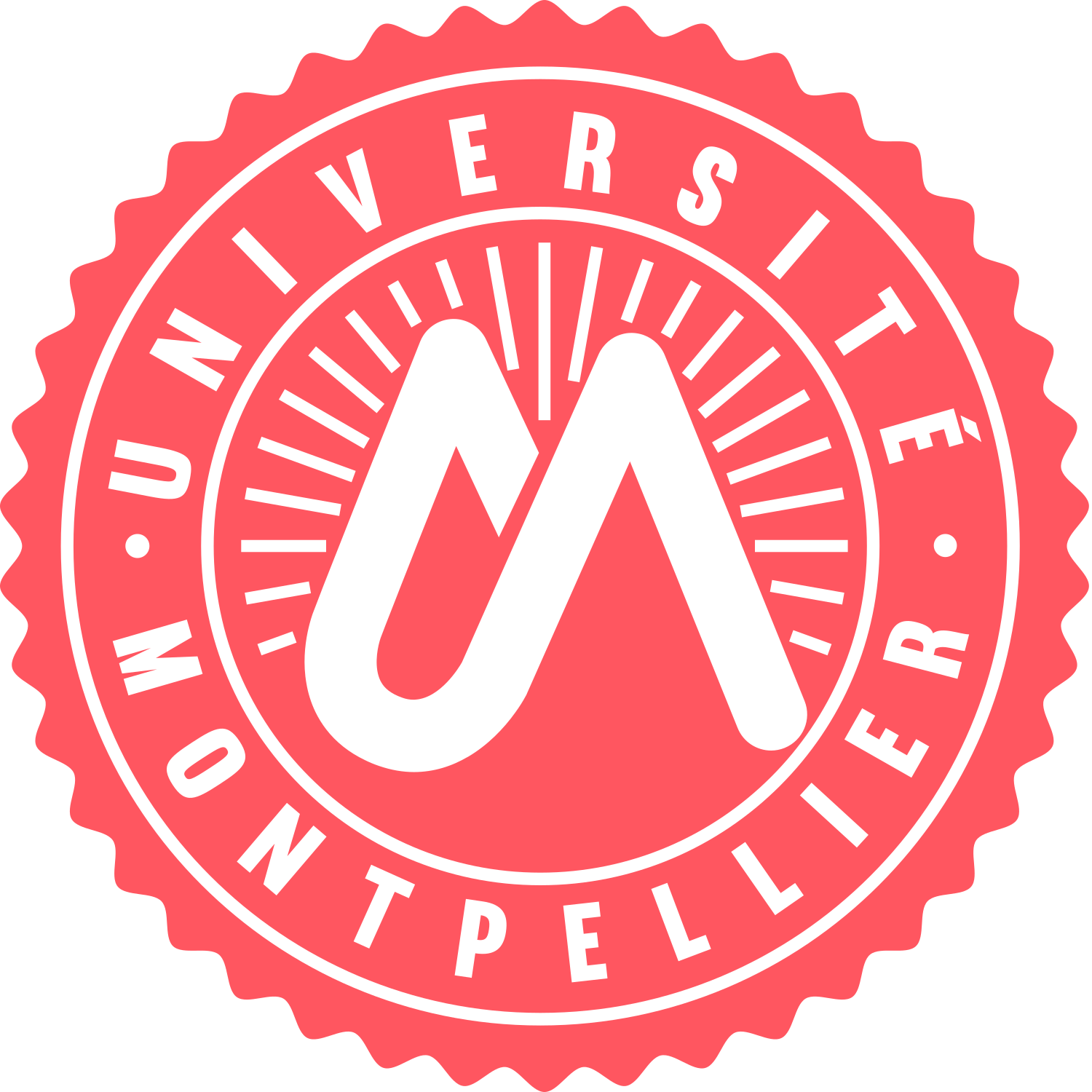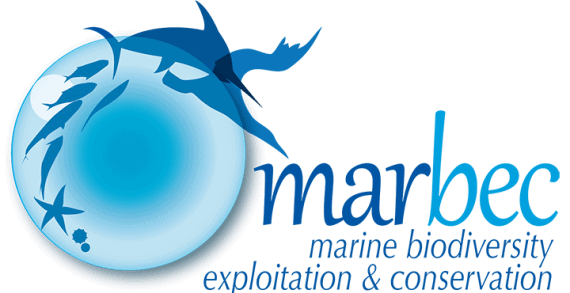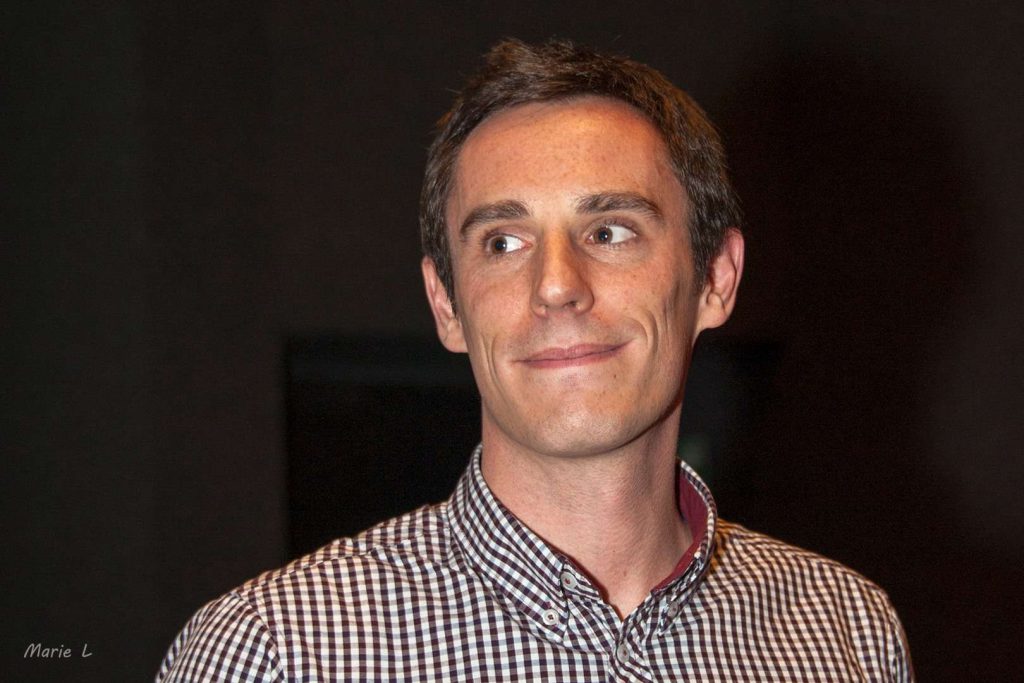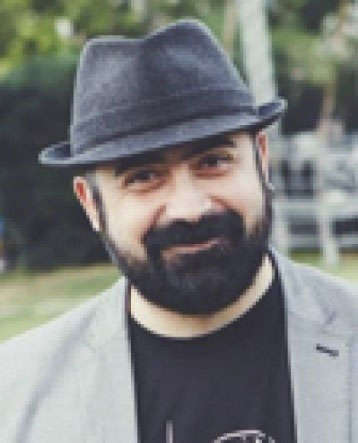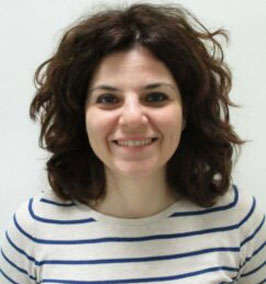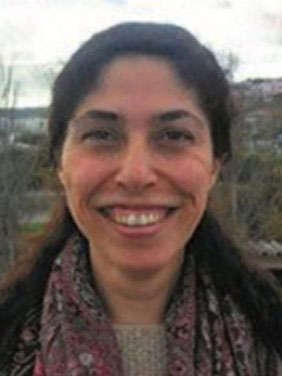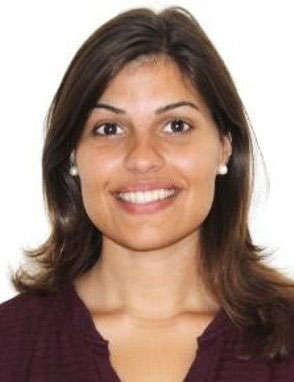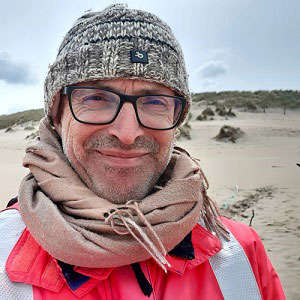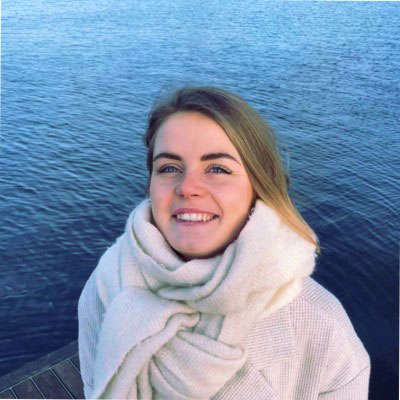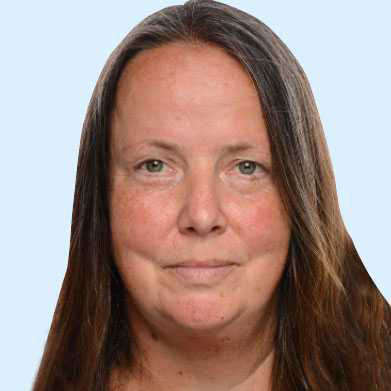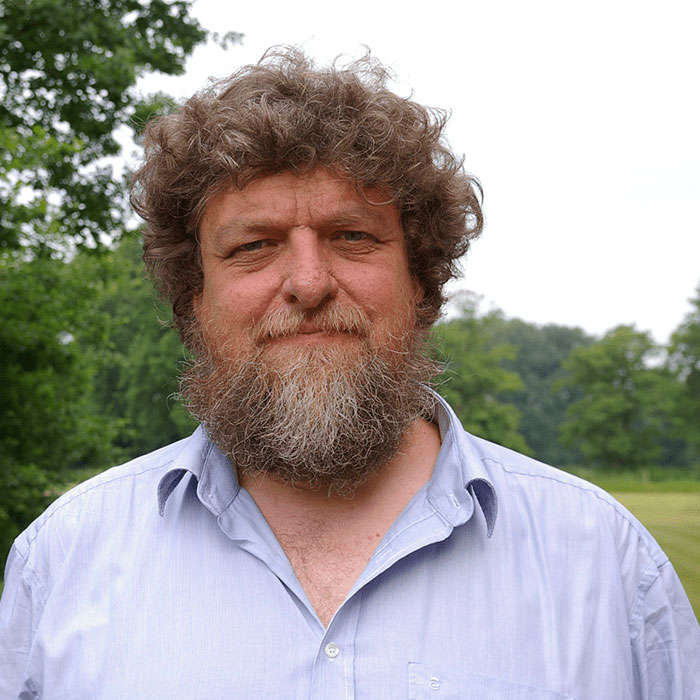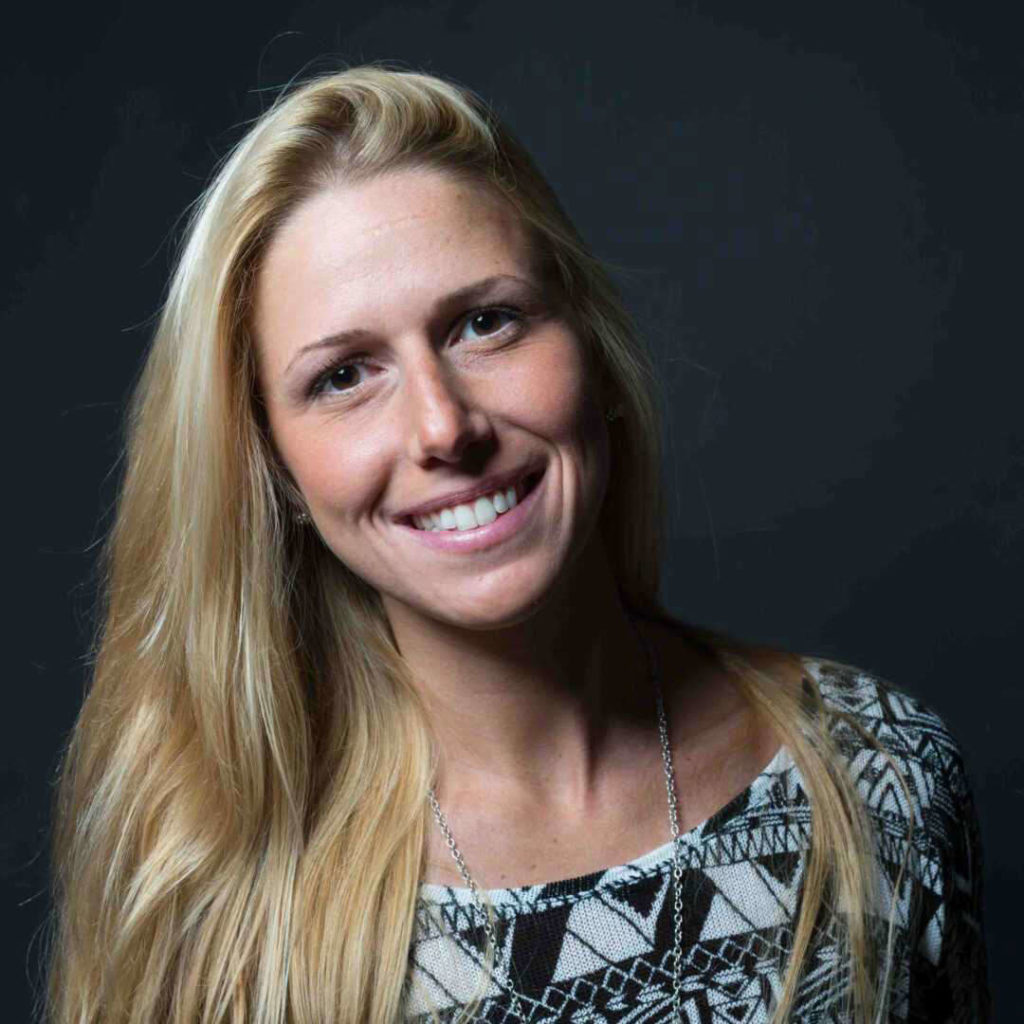Partner
The B-USEFUL project brings together diverse international scientific expertise for user-oriented Solutions for improved Monitoring and Management of Biodiversity and Ecosystem services in vulnerable European Seas.
B-USEFUL Partner come from
Denmark France Italy United Kingdom Spain Iceland Greece Norway Portugal Netherlands Germany
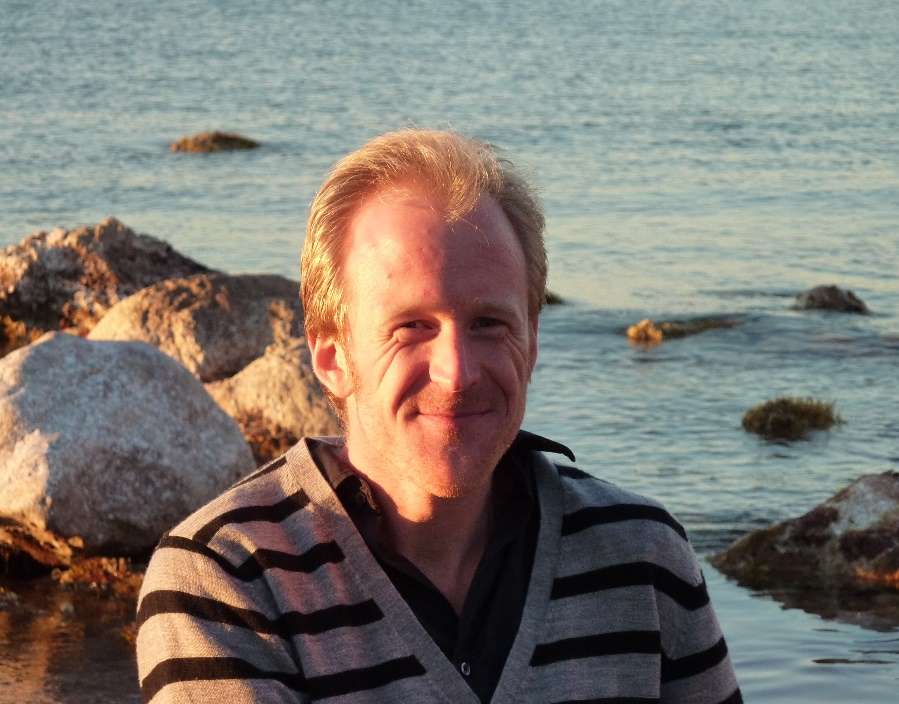
Martin Lindegren
Senior scientist, Coordinator
Biodiversity/Modelling
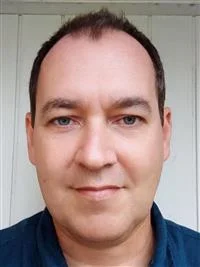
David Lusseau
Professor, WP 1 lead
Ecosystem services
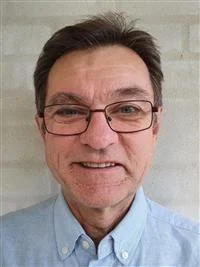
Brian MacKenzie
Professor, Contributor (WP 3—5)
Fish stock dynamics
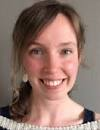
Esther Beukhof
Post doc, Contributor (WP 3—5)
Trait-based ecology
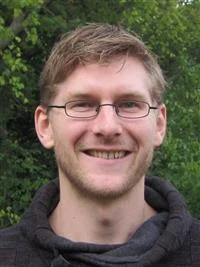
Pieter Daniël van Denderen
Post doc, Contributor (WP 2—5)
Benthos/Modelling

Nis Sand Jacobsen
Researcher, Contributor (WP 5)
Modelling
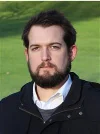
Elliot Brown
Researcher, Contributor (WP 3)
Coastal fish
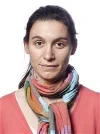
Dina Berenstein
Secretariat, Contributor (WP 7)
Project management

Ole Henrik Haslund
Secretariat, Contributor (WP 7)
Project management
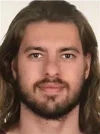
Marcel Montanyes
PhD student, Contributor (WP 3, 5)
JSDM
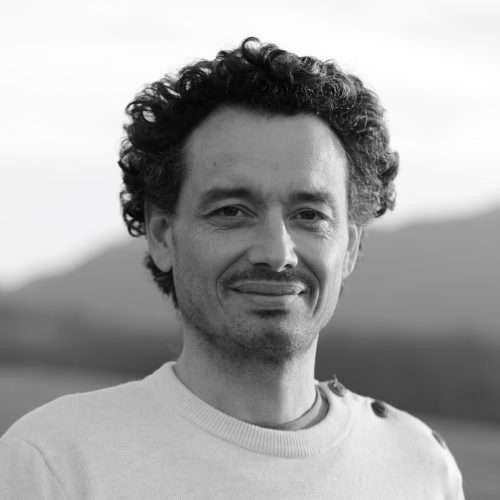
Dr. Bastien Mérigot
PhD Marine biodiversity, Exploitation & Conservation
My research focuses on assessing large spatio-temporal fish and mammals biodiversity patterns in marine exploited ecosystems to understand underlying structuring processes and consequences of environmental changes and fisheries, from local to global scales. I investigate these communities and links mainly by means of species traits approaches and statistical modelling, ultimately to provide guidelines for biodiversity management and conservation.
Dr. Fabien Moullec
PhD in Marine Ecology and Fishery Science
My research focuses on understanding the role of trophic interactions, biodiversity and life history traits in the structure and functioning of marine ecosystems. I study marine communities and food web dynamics under multiple anthropogenic pressures (mainly fisheries and climate change) through the development of various impact models (OSMOSE, Ecopath with Ecosim, EcoTroph models) and the implementation of global change scenarios. My ultimate goal is to project plausible changes in marine biodiversity and ecosystem services by the end of the century.
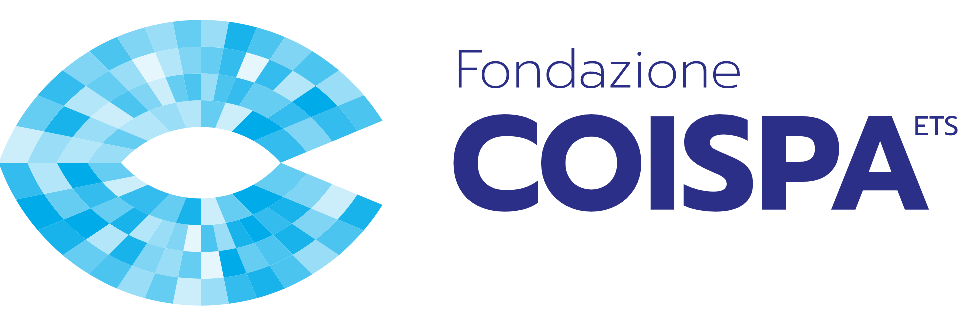
COISPA Tecnologia & Ricerca
COISPA Tecnologia & Ricerca is a cooperative of researchers and technicians founded in Bari, Italy, in 1978. The cooperative is running according to the no-profit principles of mutuality.
COISPA practices an interdisciplinary approach to carry out applied research to the study of living marine resources, marine environments, fisheries, aquaculture and production of eco-system services.
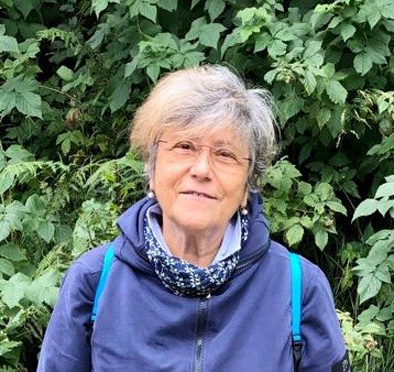
Maria Teresa Spedicato
principal scientist, WP 2 lead, Surveys/biodiversity
Maria Teresa Spedicato is the research director at COISPA. She has more than 25 years’ experience in the field of fish population dynamics, stock assessment, fishery management, telemetry and spatial distribution/dynamics, fish behaviour and fish welfare. She has participated to the Activities of SAC-FAO (Scientific Advisory Committee-SAC, GFCM) since 2000 and to the sessions of STECF-SGMED-EWG since 2008. She is involved in the EU Data Collection Framework program since 2002. She acted as coordinator of several European and national programs in the field of fishery and aquaculture. She is the author/co-author of more than 50 scientific publications.
Walter Zupa
senior scientist, Contributor (WP 2—6), Data infrastructure/modelling
Walter Zupa has a permanent position as researcher at COISPA since 2009. He has a Ph.D. in Marine Sciences. He has a good skill in spatial analysis (e. g. QGIS, SAGA, GRASS, R-CRAN), statistical analysis (R CRAN), application of regressive models (GLM, GAM, etc.) and Machine Learning models (MAXENT, Random Forest). He is involved in the activities of the Experimental Aquaculture Laboratory (EAL) and the Energetic Metabolism and Telemetry Laboratory (EMTEL). He carried out several experiments testing the effects of different housing conditions and diets on the growth performances, energetics, metabolic profile and welfare of several species (e. g. sea bass, sea bream, rainbow trout) in open flow systems and RAS. He is expert of fish tagging, sensors implantation and wireless communication systems.
Isabella Bitetto
Senior scientist, Contributor (WP 2—5), Fish stock dynamics/modelling
Isabella Bitetto has a permanent position as researcher at COISPA since 2009. She has a University degree in applied mathematics on stochastic discrete time models. She has participated in the development of fish population models and modelling using GLM, GAM, GAMM, data analysis and checking routines. She is involved in the EU Data Collection Framework program since 2009 and has participated to the STECF-SGMED-EWG working groups since 2010 to date. Good skill in programming and using several stock assessment models, highly structured and data limited, including methods for Management Strategy Evaluation. She also work with preference modelling (e. g. Multi Criteria Decision Analysis – MCDA). She is a developer of several routines in R for data check and elaboration. She is the developer of the bio-economic BEMTOOL model.
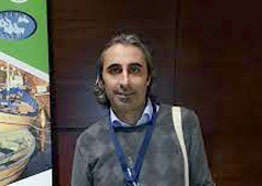
Pierluigi Carbonara
senior scientist, Contributor (WP 2—6), Data infrastructure/modelling
Pierluigi Carbonara is a senior researcher at COISPA since 1994. He has a PhD in Sciences and Technologies applied to the Environment. Fisheries scientist with 22 years of experience in fishery biology and aquaculture. He has a long experience on age reading and validation (otoliths, spines, vertebrae etc.), analysis of sex and maturity stage in fish, crustacean and cephalopods. He is involved in the EU Data Collection Framework since 2002, coordinating trawl surveys, discard and landing sampling projects. He is responsible of the Experimental Aquaculture Laboratory (EAL) and the Energetic Metabolism and Telemetry Laboratory (EMTEL). He is the author/co-author of more than 50 scientific publications.
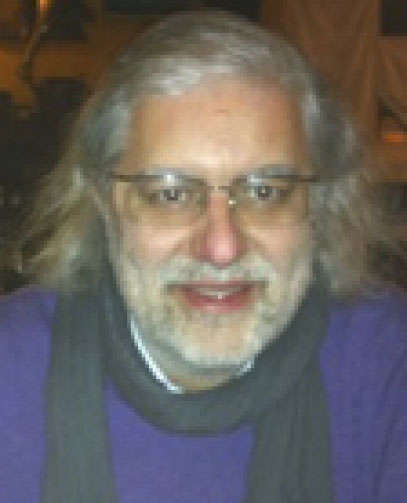
Giuseppe Lembo
Principal scientist, Contributor (WP 1, 7), Stock dynamics
Giuseppe Lembo is Chairman of COISPA. He has more than 25 years’ experience in the field of fishery and aquaculture. He is involved in the EU Data Collection Framework since 2002. He has participated and/or coordinated several EU and national research projects and he is the author/co-author of more than 50 scientific publications. During his career, he has been member of Scientific Committees and working groups of several organization including the Italian Ministry of Agriculture and the European Commission (DGMare and DGAgri). He is currently the chair of the Expert Group for Technical advice on the Organic Production (EGTOP) of the European Commission.
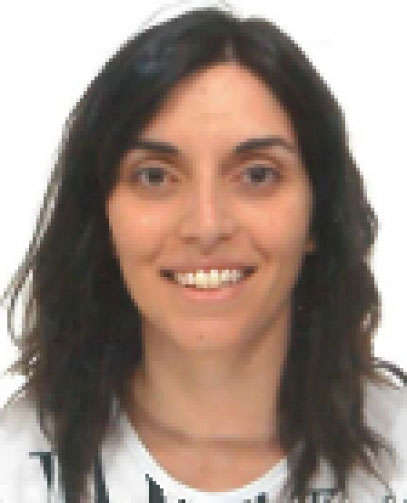
Tiziana Favia
Secretariat, Contributor (WP 7), Administration
Tiziana Favia has a permanent position as an administrative officer at COISPA since 2018. She has a degree in Economics. She deals with the drafting of the budget and the financial reporting of ministerial and European projects.
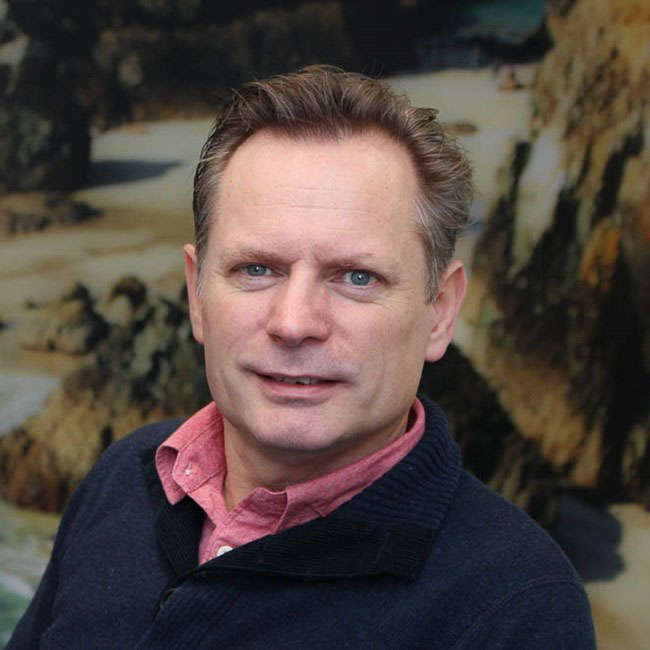
Georg Engelhard
Principal scientist, Cefas lead and WP 4 lead
Climate change and risk analysis
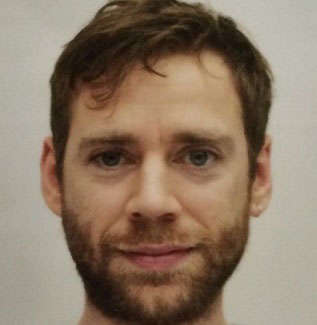
Murray Thompson
Senior scientist, Contributor (WP 1—5)
Biodiversity
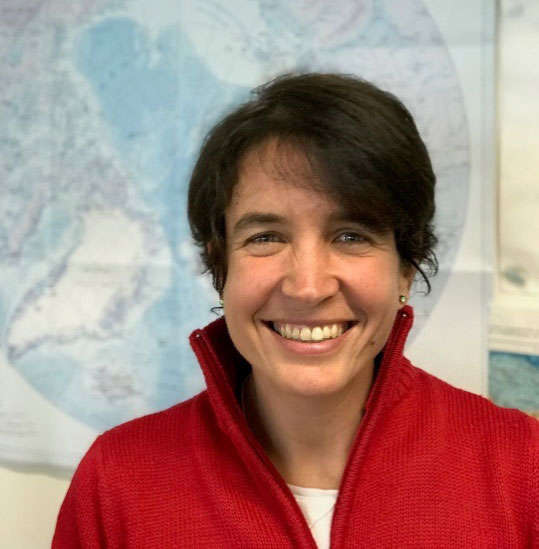
Elena Couce
Senior scientist. Contributor (WP 2—5)
Biodiversity/Modelling
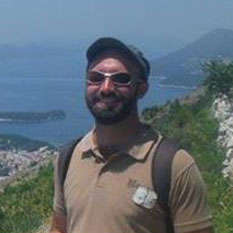
Clement Garcia
Senior scientist, Contributor (WP 1—5)
Biodiversity/Traits-based ecology
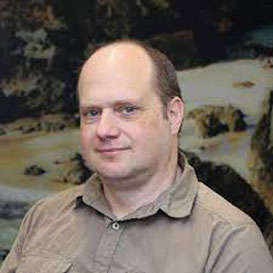
John Pinnegar
Senior scientist. Contributor (WP 1—5)
Climate change/Biodiversity
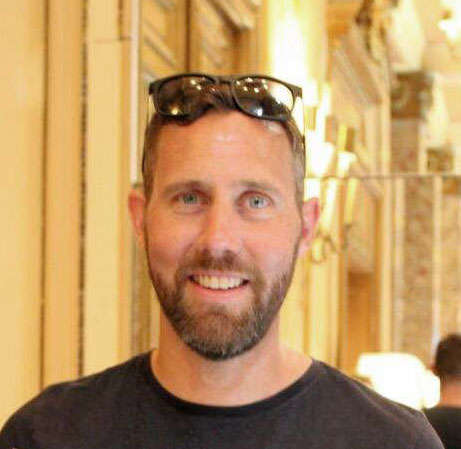
Michael Clarke
Cefas Project manager, Coordination (Especially WP 7)
UKRI and EU Horizon
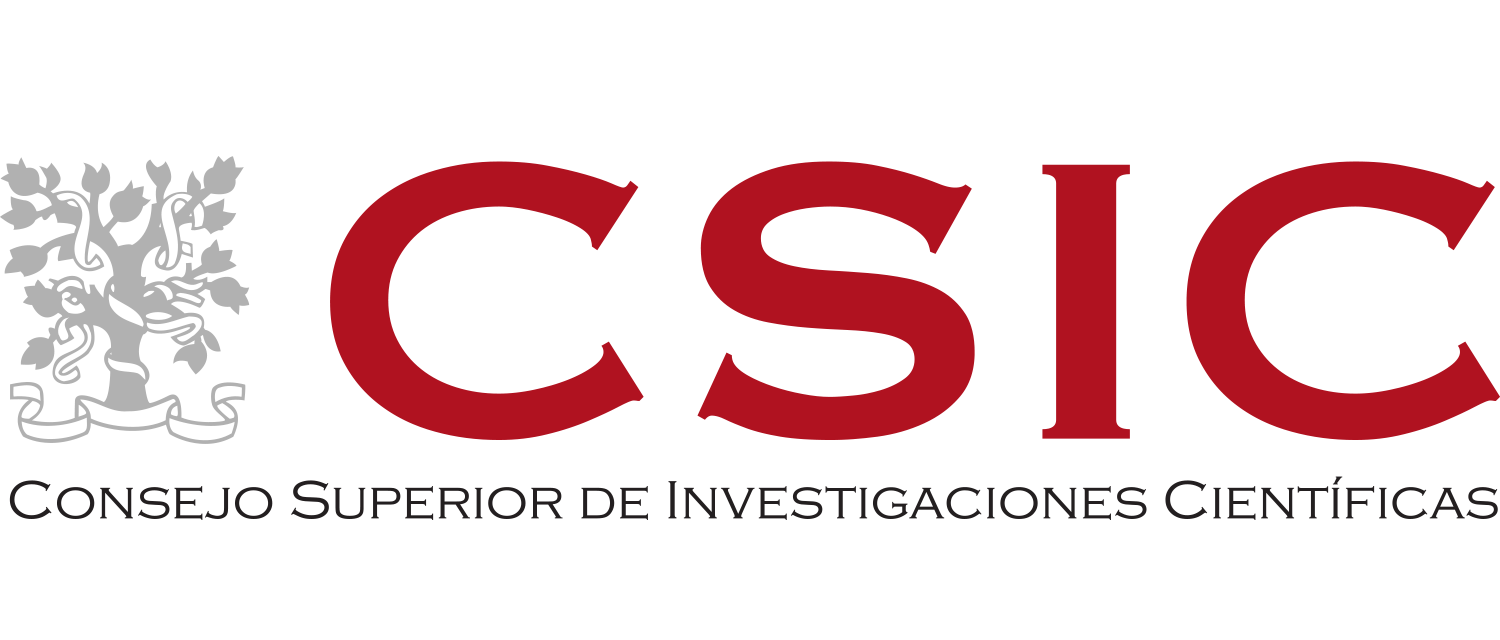
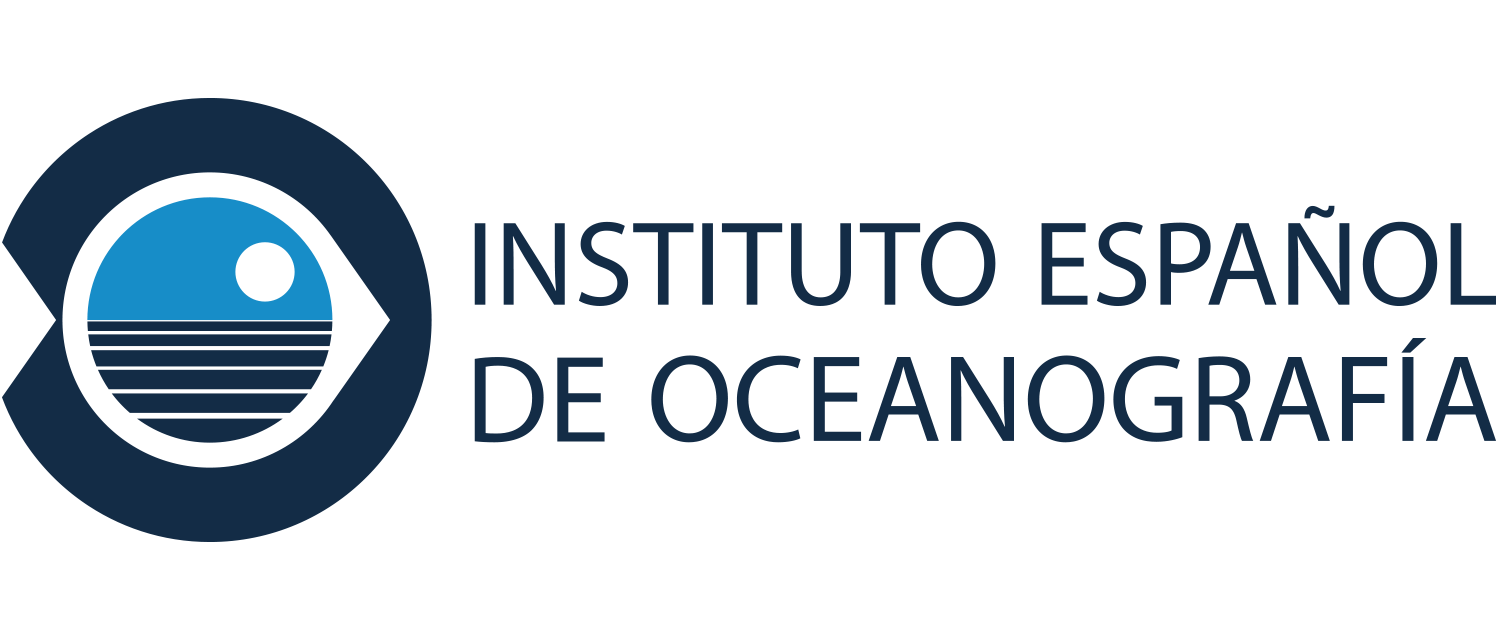
Spanish Institute of Oceanography (IEO-CSIC)
The team of the Spanish Institute of Oceanography (IEO, CSIC) in B-USEFUL is associated to two Research Groups: ‘Group of Ecosystems Oceanography’ (GRECO, IEO Balearic Islands) and ‘Diagnosis of the interaction Climate-Human Pressures-Ecosystem’ (SITCOM, IEO Santanter) with common ongoing projects and lines of research related with:
- Characterization of the space-time dynamics of ecosystems
- Characterization and spatial-temporal dynamics of human pressures
- Changes in the composition, structure and functioning of marine communities and ecosystems in response to climate change and human pressures.
- Assessment of the sensitivity of species, habitats and ecosystems to climate change and other human pressures.
- Processes and indicators of resistance and resilience of impacted marine ecosystems
- Analysis of the combined effects of climate change and human pressures on habitats and species and marine communities.
- Adaptation and mitigation tools to face climate change impacts.
- Development of participatory and co-development tools for the sustainable management of the ecosystem.
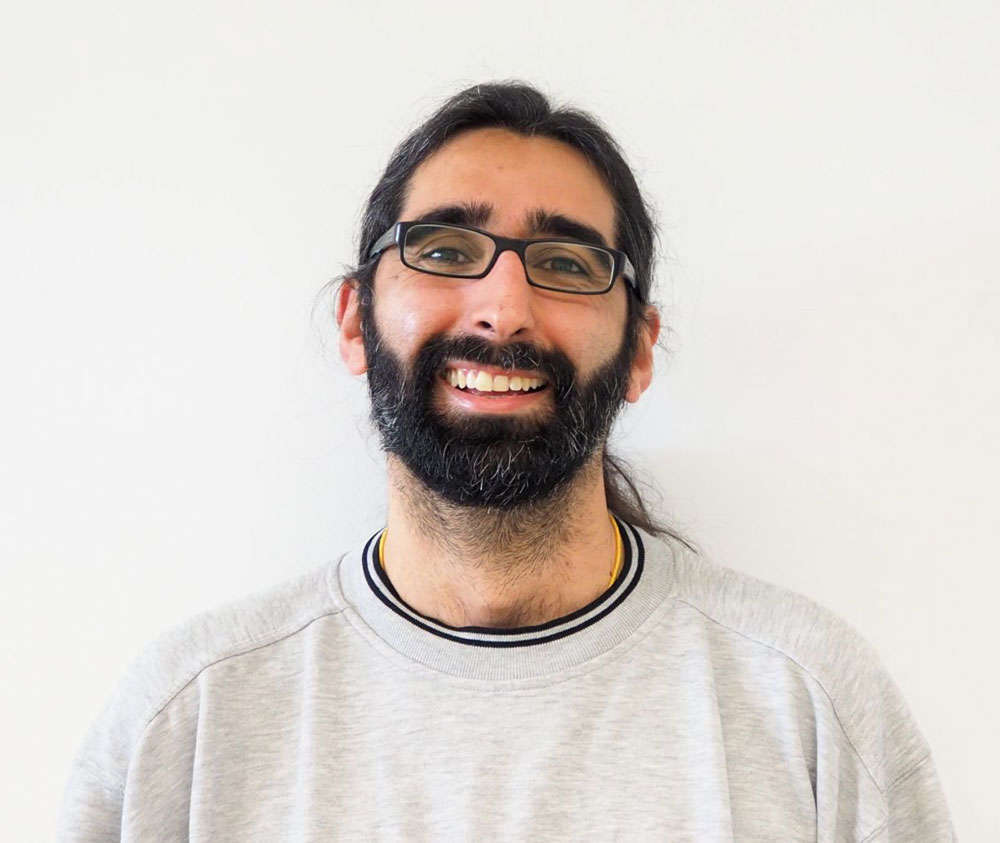
Manuel Hidalgo
Senior scientist, WP 3 lead
Biodiversity/anthropogenic impacts
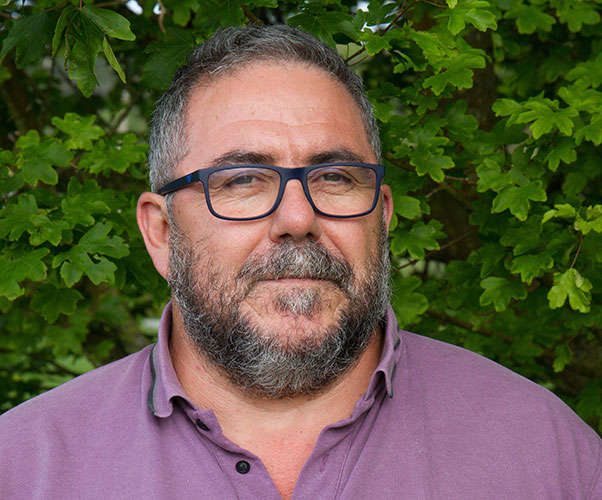
Antonio Punzón
Senior scientist, Contributor (WP 2—5)
Community ecology/Modelling
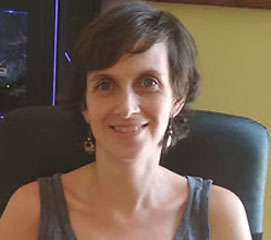
Lucía López-López
Senior scientist, Contributor (WP 3—5)
Trophic ecology/Anthropogenic impacts
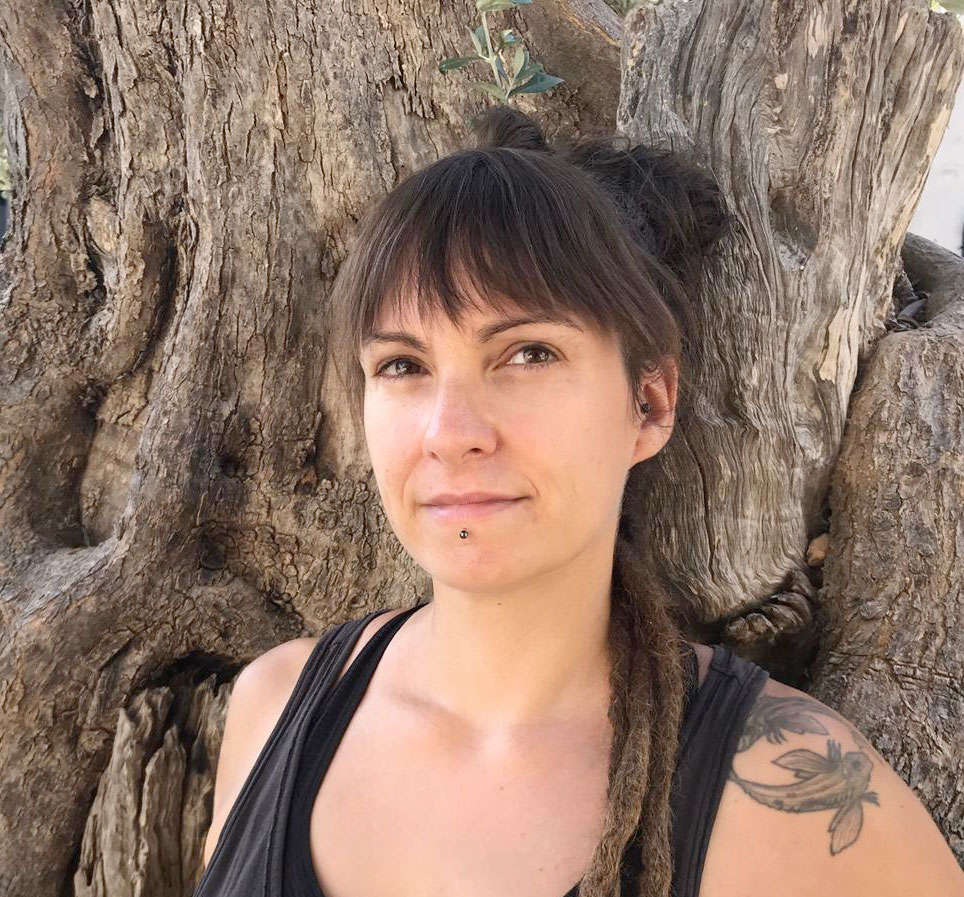
Patricia Puerta
Postdoctoral researcher, Contributor (WP 3—5)
Spatial distribution modelling/community ecology
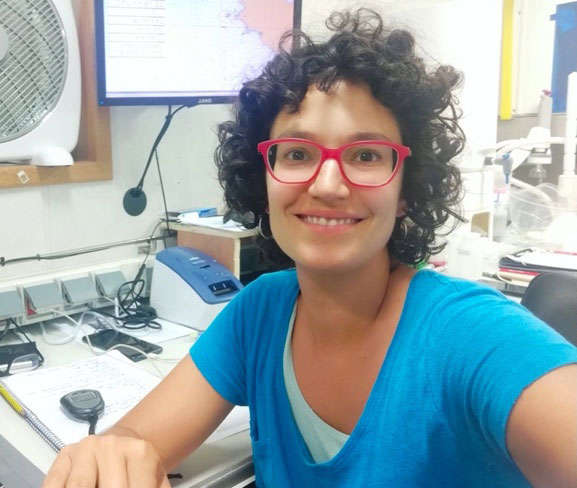
Marina Sanz
Postdoctoral researcher, Contributor (WP 3—5)
Climatic risks/Anthropogenic impacts
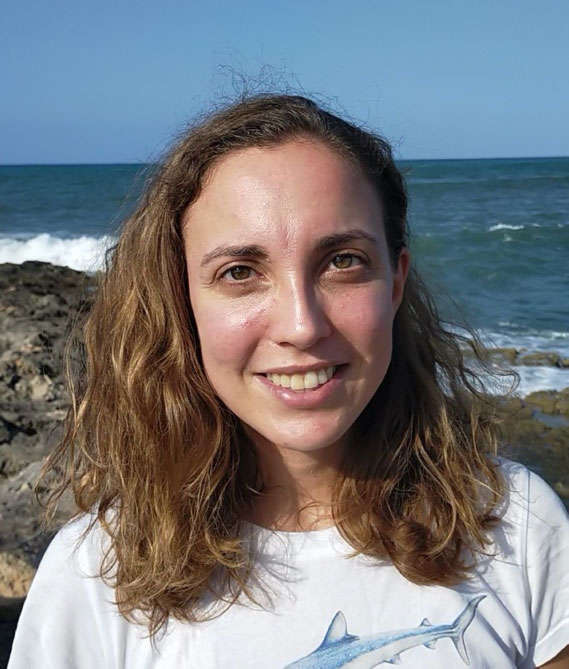
Marta Albo
Postdoctoral researcher, Contributor (WP 3—5)
Climatic risks/Anthropogenic impacts
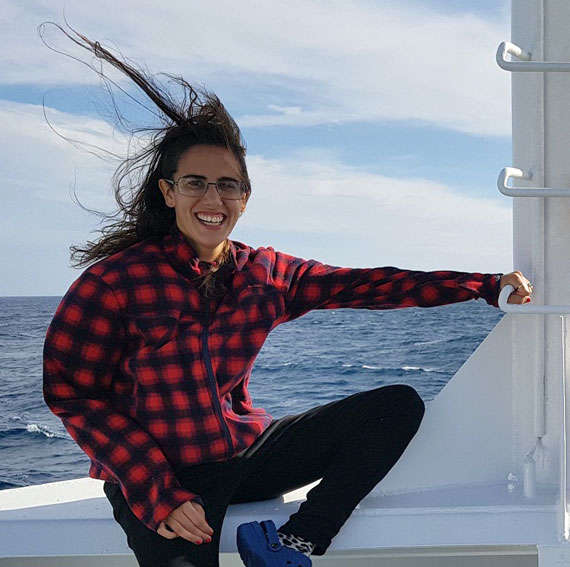
Julia Polo
PhD student, Contributor (WP 3—5)
Trait-based ecology/Anthropogenic impacts

Marine and Freshwater Research Institute (MFRI)
Marine and Freshwater Research Institute (MFRI) is a government institute under the auspices of the Ministry of Food, Agriculture and Fisheries. The institute employs around 200 staff, operates 2 research vessels and 9 branch offices. The main area of activities of the MRFI is to conduct research on the marine environment around Iceland and its living resources, to provide advice to government on sustainable exploitation of the living resources and conservation measures and to inform the government, the fishery sector and the public about the marine environment.
The research activities at the MRFI are organised into five main research sections. A large part of the work undertaken at the Demersal Division is the monitoring of changes in population growth and abundance, behaviour of marine resources and the interactions among various parts of the ecosystem, as well as the effects of human pressure on the demersal ecosystem. Research on habitat mapping, migration, feeding and fecundity of fish and invertebrates and investigations of community structures are all examples of the varied research conducted by the Demersal Division.
Expertise particularly relevant for the project
MFRI brings an expertise on the project in relevant data analysis and knowledge of the Icelandic ecosystem. MFRI is conducting research cruises annually to monitor populations and the ecosystem, data that will be utilized in the project.
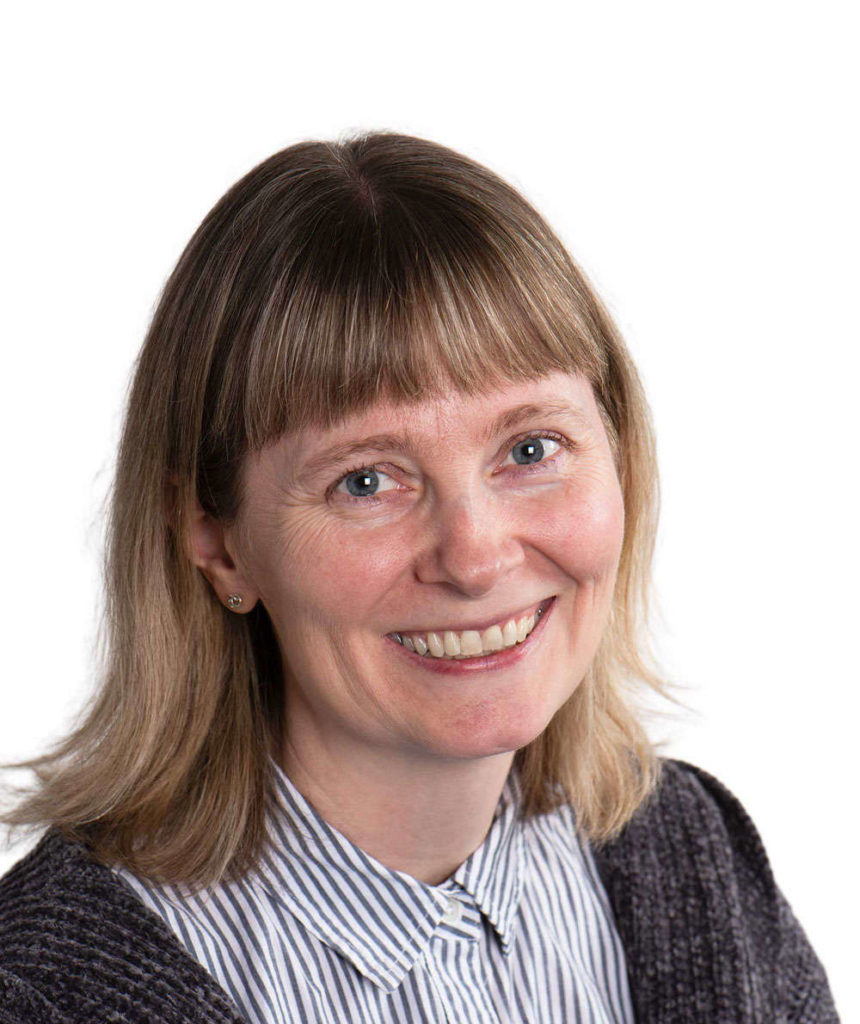
Ingibjörg G. Jónsdóttir
Senior scientist, Contributor (WP 2—4)
Fish stock dynamics
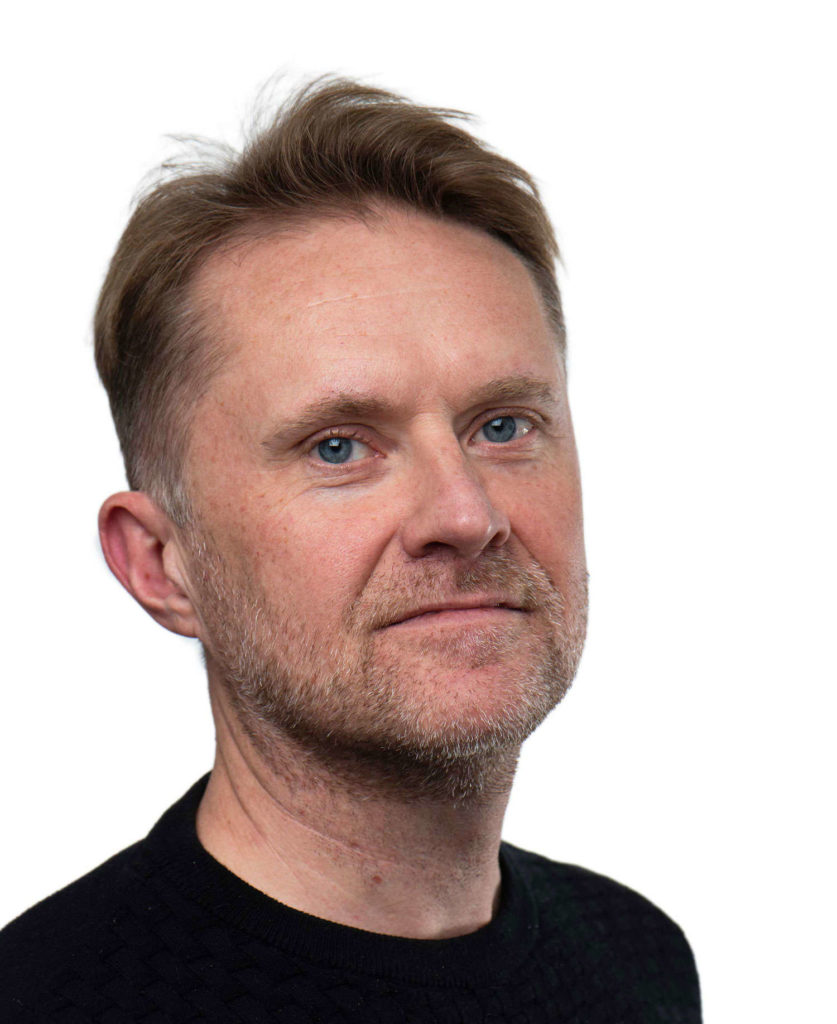
Jon Solmundsson
Senior scientist, Contributor (WP 2—4)
Groundfish ecology
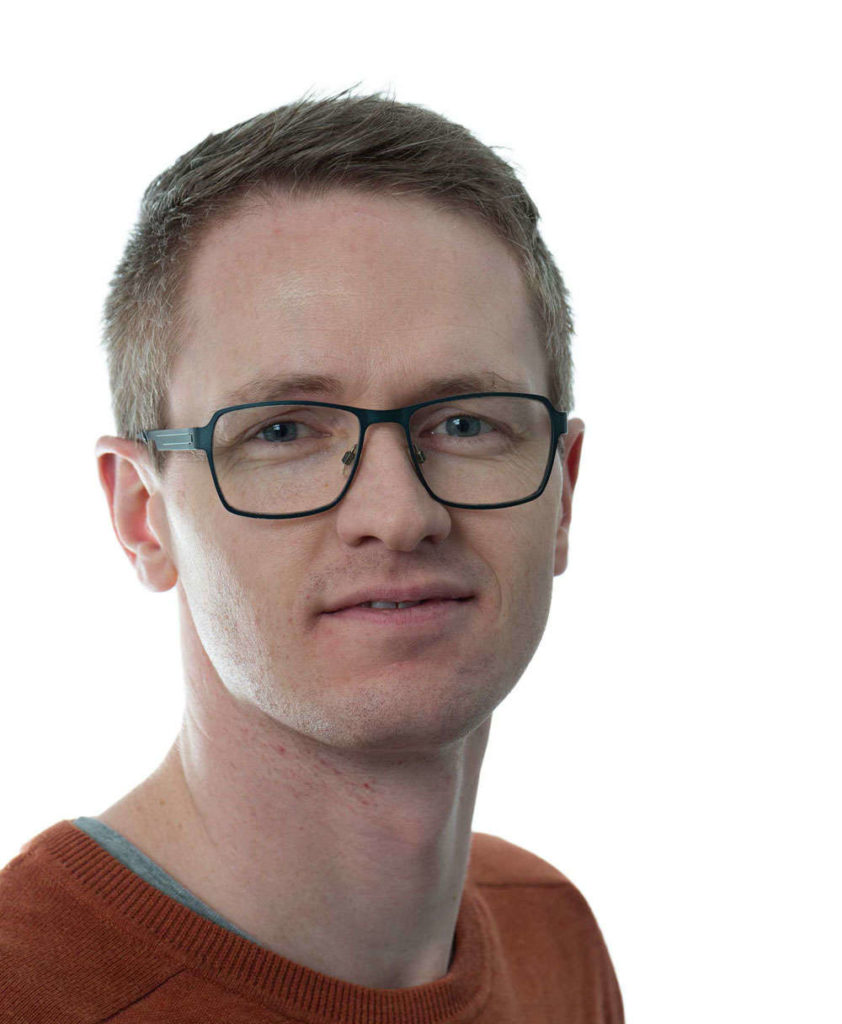
Magnús Thorlacius
Senior scientist, Contributor (WP 2—4)
Behavioural ecology
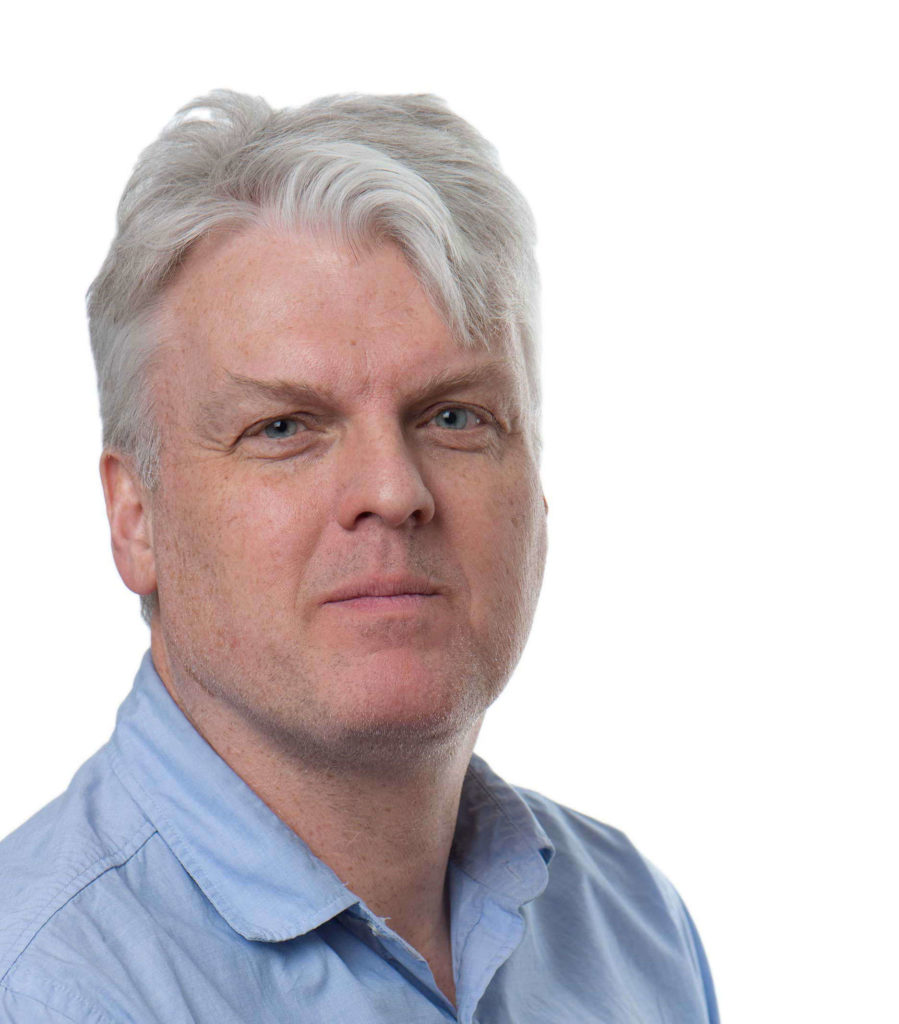
Stefan Ragnarsson
Senior scientist, Contributor (WP 2—4)
Benthic ecology
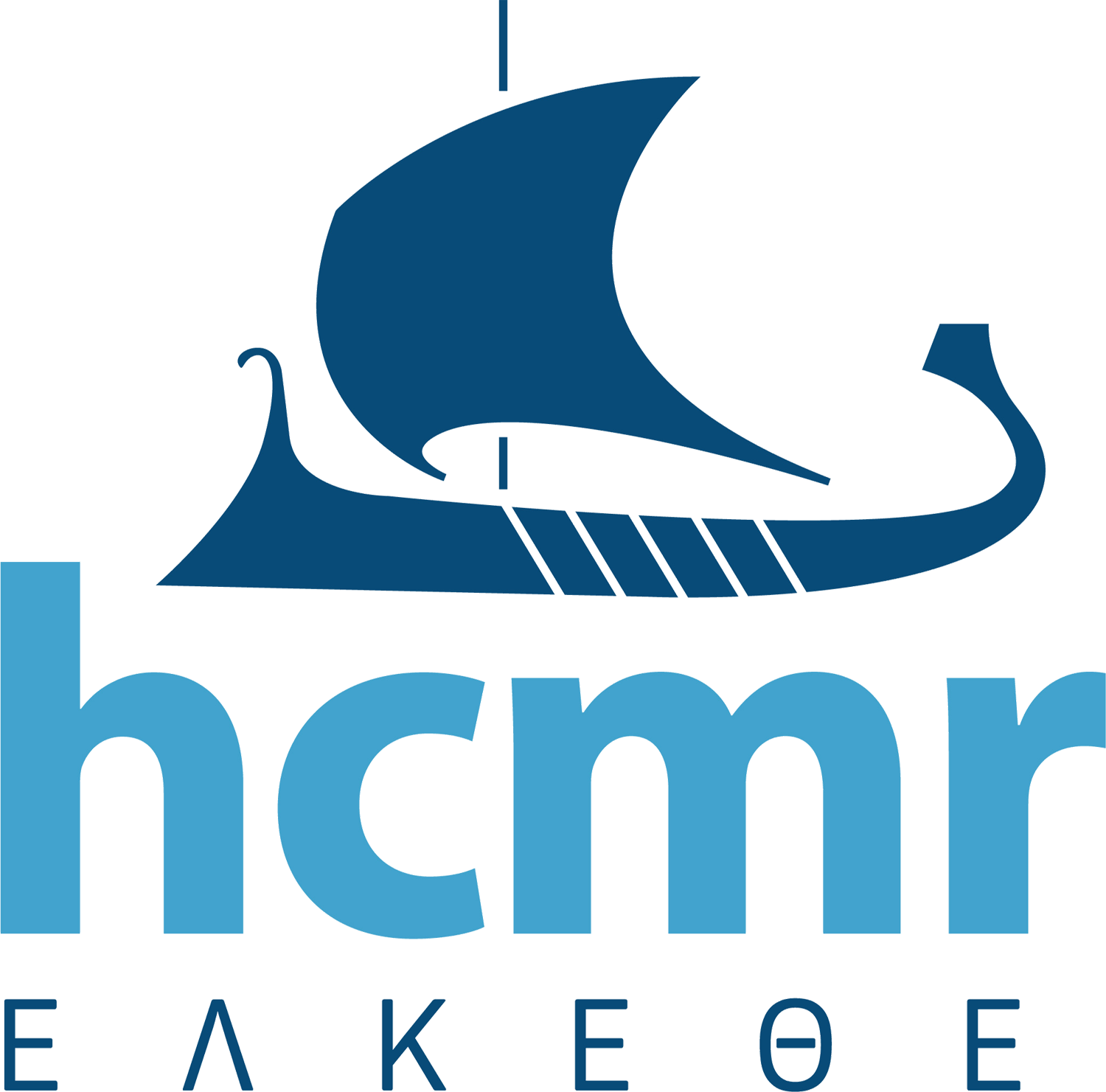
Hellenic Centre for Marine Research (HCMR)
The Hellenic Centre for Marine Research (HCMR) is a governmental research organization operating under the supervision of the General Secretariat for Research and Technology (GSRT) of the Ministry of Culture, Education and Religious Affairs. HCMR comprises by three research Institutes:
- Institute of Marine Biology, Biotechnology and Aquaculture (IMBBC)
- Institute of Marine Biological Resources and Inland Waters (IMBRIW)
- Institute of Oceanography (IO)
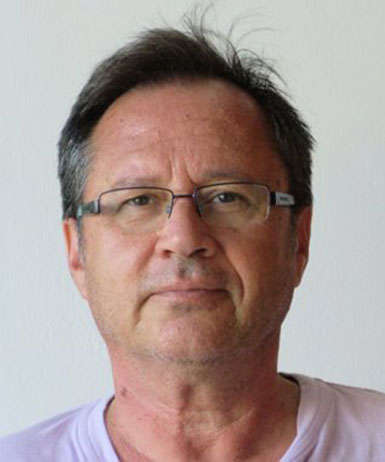
George Tserpes
Senior Researcher, Contributor (WP 2—5), Fish stock dynamics
Dr. George Tserpes holds a position of Research Director at the Institute of Marine Biological Resources (IMBR) of HCMR and in the last 15 years he has made more than 90 publications in peer-reviewed journals, congress proceedings and books. Additionally, he has participated/coordinated numerous national and European projects in the fields of fisheries biology/ecology and stock management.
He has a wide experience on aspects related to the management of marine fisheries through its participation in the Scientific, Technical and Economical Committee for Fisheries of the EU (regular member from 1998 to 2002), and in the meetings of various international scientific organizations that are involved with the assessment of marine fishery resources (GFCM, ICES, ICCAT). Since 2002 he is coordinating the Mediterranean Swordfish working group of the International Commission for the Conservation of Atlantic Tunas (ICCAT).
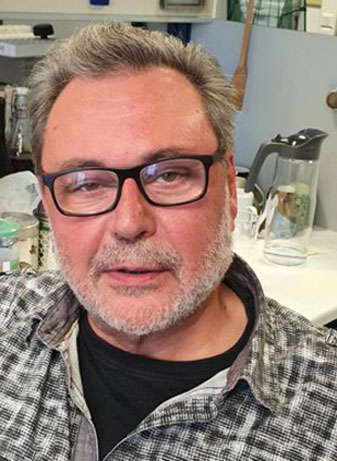
Stelios Somarakis
Senior scientist, Contributor (WP 1, 6), Fisheries Oceanography
Stylianos (Stelios) Somarakis is a Senior Researcher at the Institute of Marine Biological Resources of the Hellenic Centre for Marine Research. He assumed his duties in December 2007. During the last
10 years, Dr. Somarakis has participated in 23 research projects/actions (scientific responsible in 10 of them) in the fields of fisheries ecology and management, ecosystem modelling and aquaculture-fisheries interactions. He is an expert in ichthyoplankton, egg production methods, larval fish ecology, fish reproduction and pelagic food webs, with long experience on small pelagic fish and fisheries. He was co-leader of a Working Group on fish reproductive potential of the European Action: “Fish Reproduction and Fisheries” (COST Action FA0601) and the North Atlantic Fisheries Organization (NAFO). He was chairman (2005—2008) of the Working Group on small pelagics of the General Fisheries Council for the Mediterranean (GFCM-Scientific Advisory Committee). He is member of the Scientific Technical and Economic Committee for Fisheries (DG MARE).
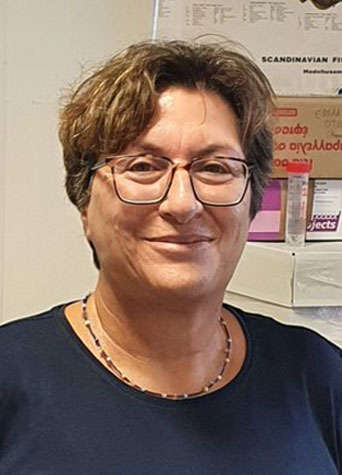
Panagiota (Nota) Peristeraki
Senior Researcher, Contributor (WP 2—3), Fisheries Ecology
Dr. Panagiota (Nota) Peristeraki is an associate researcher at HCMR, since 2003, and had a similar position at IMBC from 1989 to 2002. She holds a B.Sc. degree in Biology from the University of Athens and a PhD in fisheries and marine ecology from the University of Crete.
Dr. Peristeraki has been working in research projects dealing with large pelagic and demersal fish species since 1987. She is the national coordinator for the Mediterranean International Trawl Survey (MEDITS) in Greece, and has been involved in the large pelagic tagging campaign in the Mediterranean.
She has participated in several international research projects concerning fishery biology and dynamics of large pelagic, demersal and alien/invasive species and has published relevant scientific articles in journals and books. Regularly participates in the working groups of the International Committee for the Conservation of the Atlantic Tunas (ICCAT). She is member of the MEDITS Steering Committee.
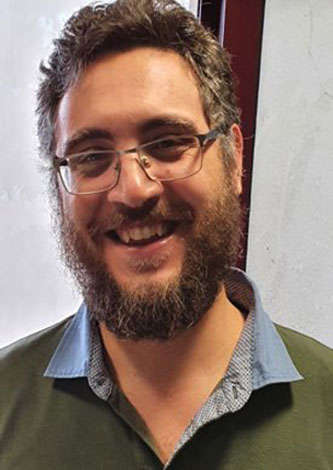
Stratos Batziakas
Post doc, Contributor (WP 3—5)
Trait-based ecology
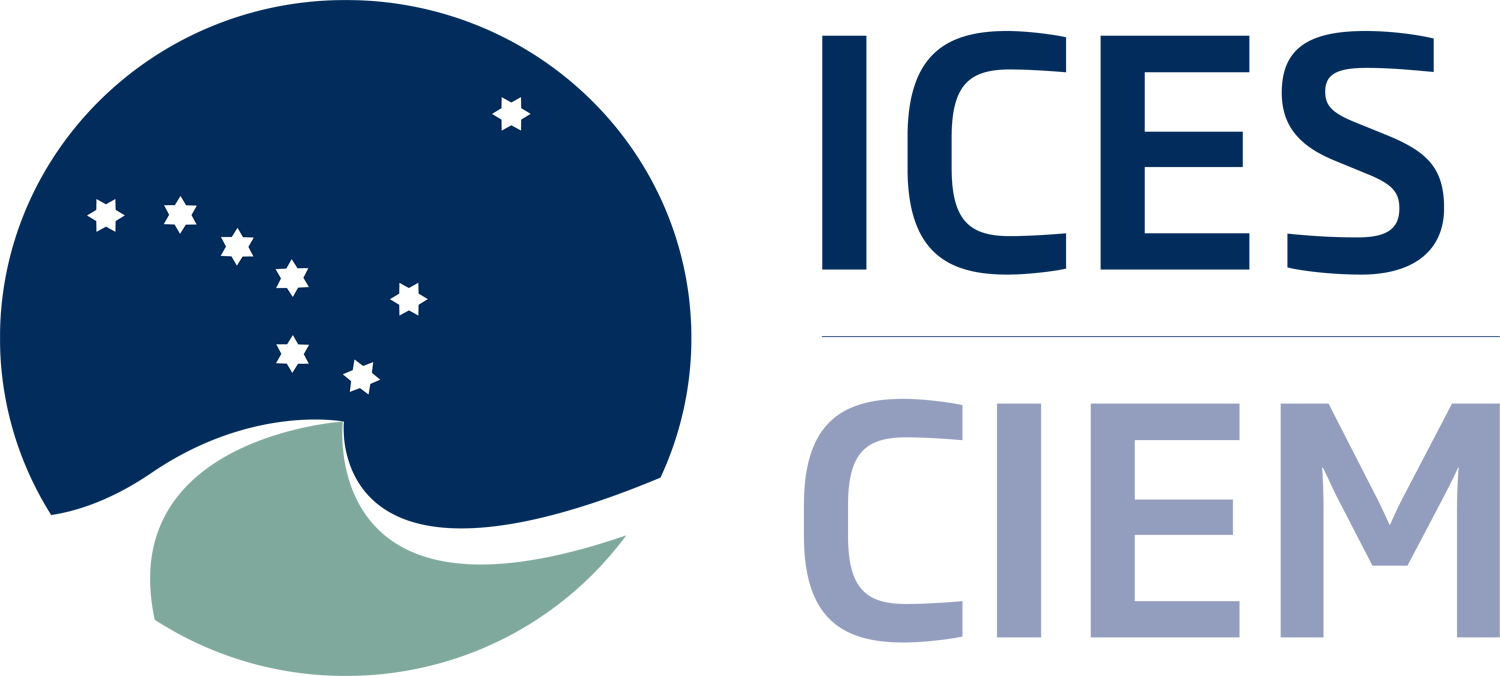
International Council for the Exploration of the Sea (ICES)
The International Council for the Exploration of the Sea (ICES) coordinates and promotes marine research on oceanography, the marine environment, the marine ecosystem, and on living marine resources in the North Atlantic. Its Mission is to advance the scientific understanding of marine ecosystems, and provide information, knowledge, and advice on the sustainable management of human activities affecting, and affected by, marine ecosystems. Members of the ICES community include all coastal states bordering the North Atlantic and the Baltic Sea, with affiliate members in the Mediterranean Sea and southern hemisphere.
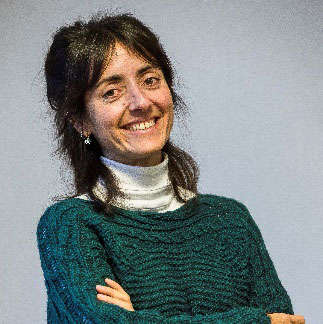
Adriana Villamor
Data Officer Contributor (WP 2)
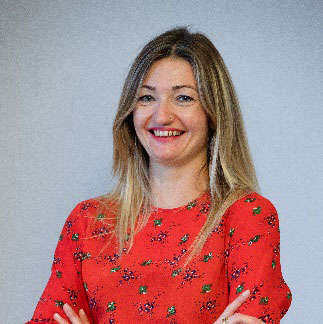
Eirini Glyki
Science Professional Officer, Contributor (WP 1—6)
Trait-based ecology
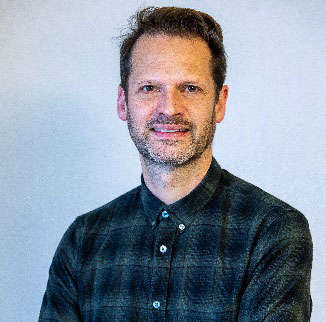
Neil Holdsworth
Head of Data and Information, Contributor (WP 2—6)
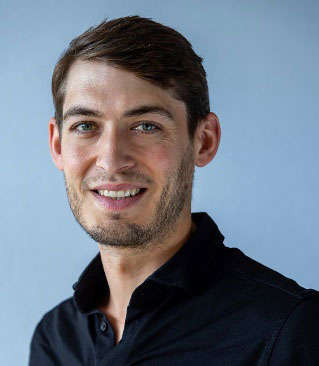
Neil Maginnis
Advice and Data Analyst, Contributor (WP 6)
Trait-based ecology
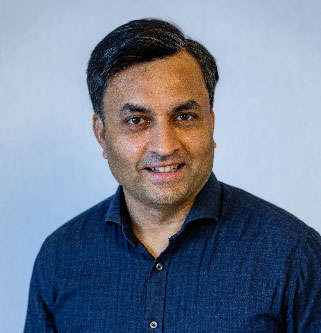
Vaishav Soni
Data Scientist, Contributor (WP 2)
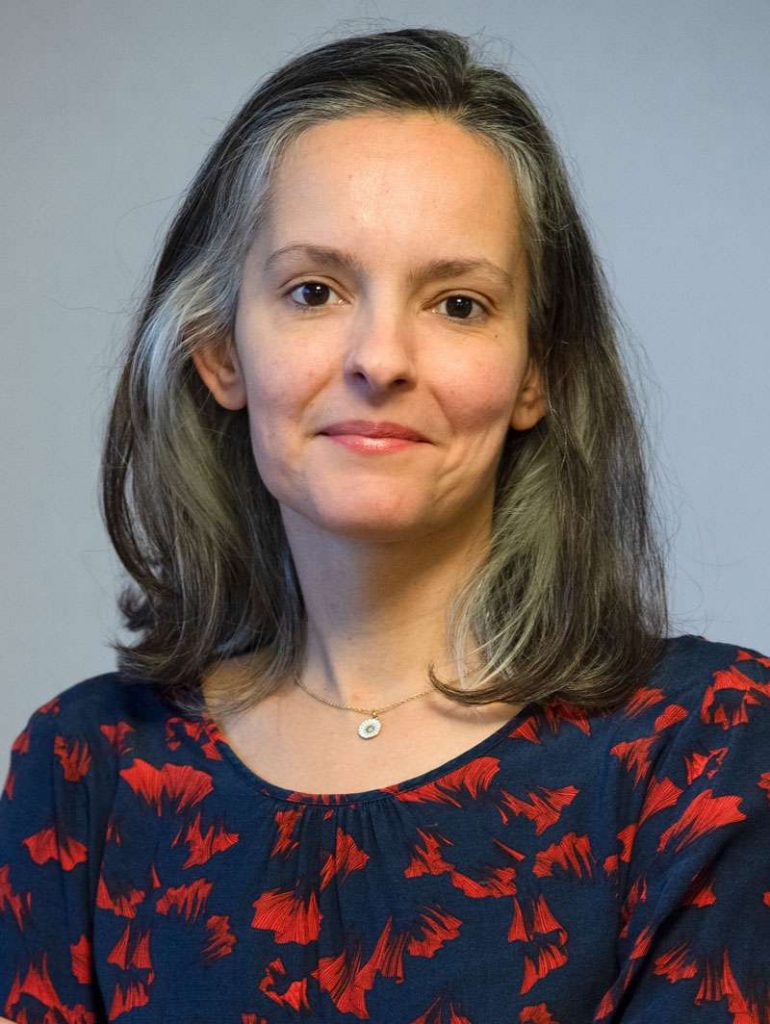
Lise Cronne-Grigorov
Project Officer, Contributor (WP 7)
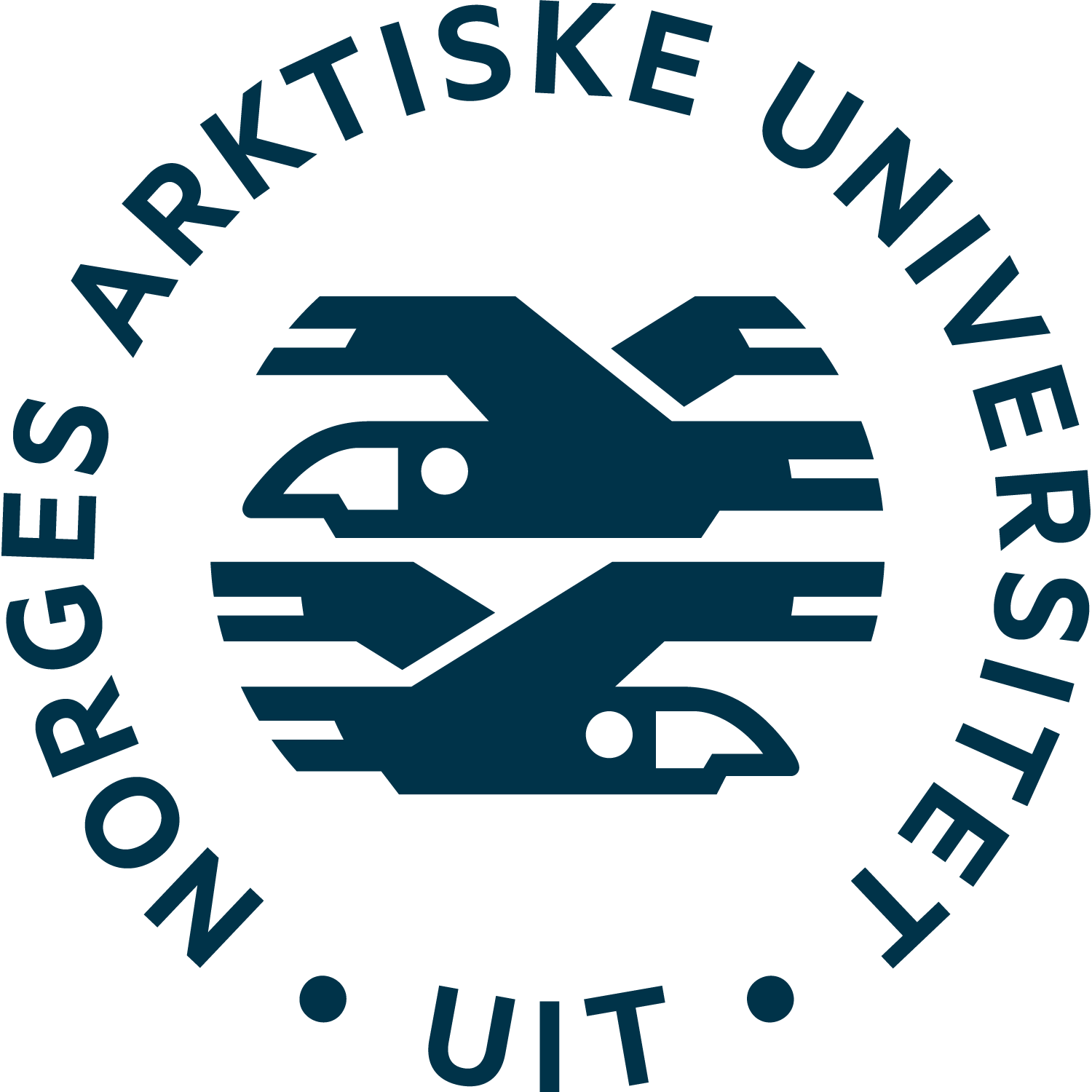
Arctic University of Norway (UiT)
UiT The Arctic University of Norway is the northernmost university of the world. Its location on the edge of the Arctic implies a mission. The Arctic is of increasing global importance. Climate change, the exploitation of Arctic resources and environmental threats are topics of great public concern, and which the University of Tromsø takes special interest in. At UiT The Arctic University of Norway you can explore global issues from a close-up perspective.
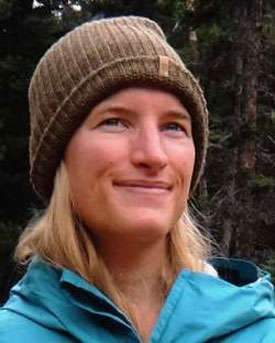
Laurene Pecuchet
Associate professor, WP 5 lead, Biodiversity/Modelling
Research in fish populations, fish communities, and marine food web. I am studying the impacts of global change on marine ecosystems, from fish populations to the food web by combining empirical analysis of scientific surveys, trait and environmental datasets, and modeling tools.
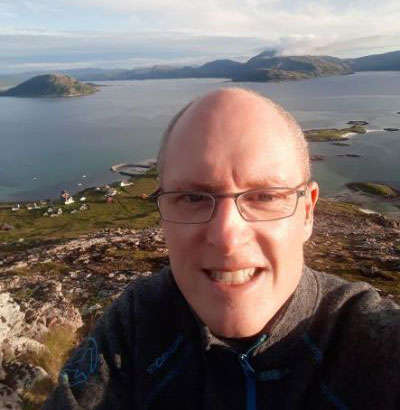
Kåre Nielsen
Associate Professor, T 1.2 lead, Governance and Stakeholders forum
Research in the management of fisheries and marine environments, including ecosystem-based management, involvement of user groups, aquaculture management, the relationship between scientific advice and policy.
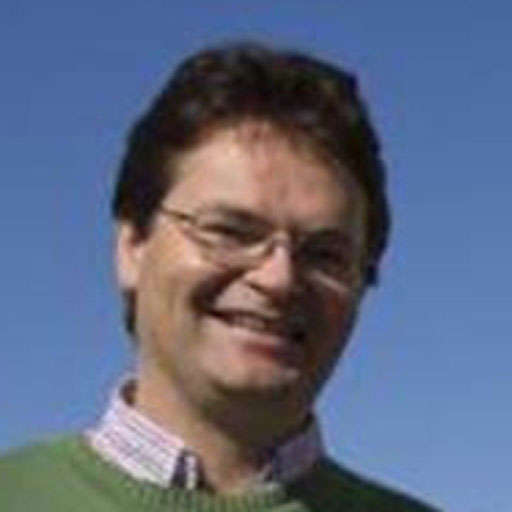
Raul Primicerio
Professor, CS lead Norwegian & Barents Sea, Trait-based ecology
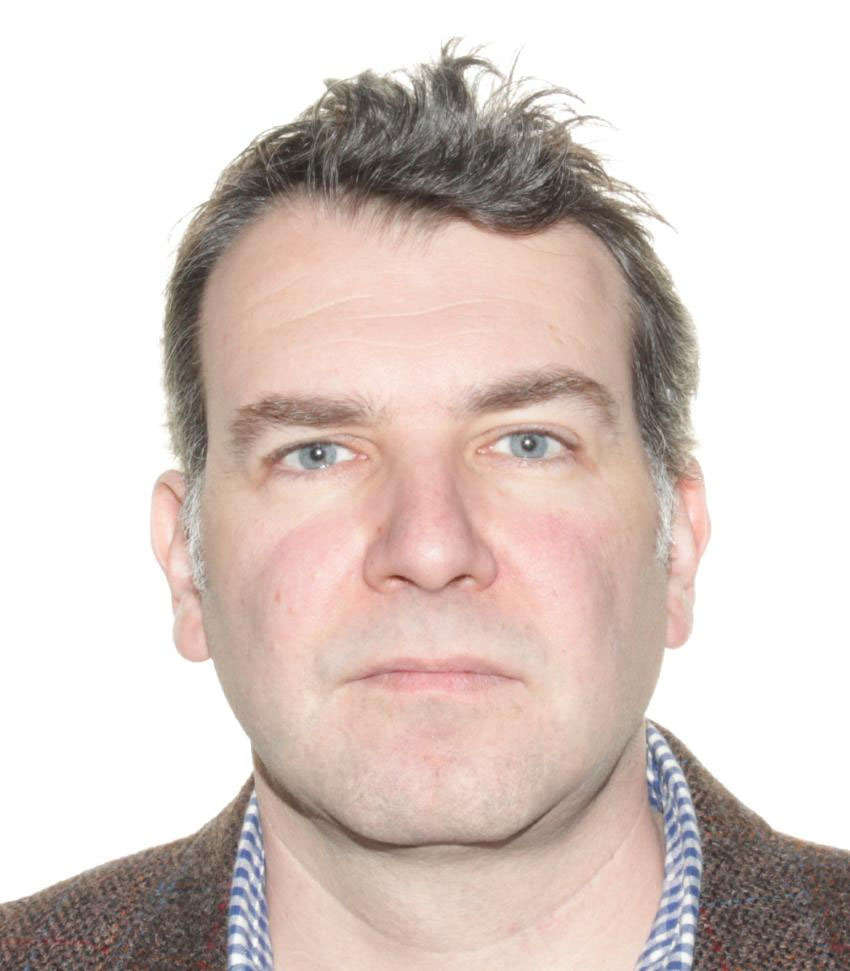
Vito de Lucia
Professor. Contributor (WP 1), Law of the Sea
I am Full Professor of (International) Law. I teach courses on International Environmental Law, Law of the Sea, Comparative Law and Legal Philosophy and Interdisciplinary Legal Methods at bachelor, master and PhD level.
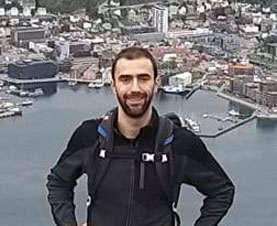
Mikel Moriana Armendariz
Administration, Project management
Work with applications for external and internal funding; Ph.d admission, progress, thesis and disputas
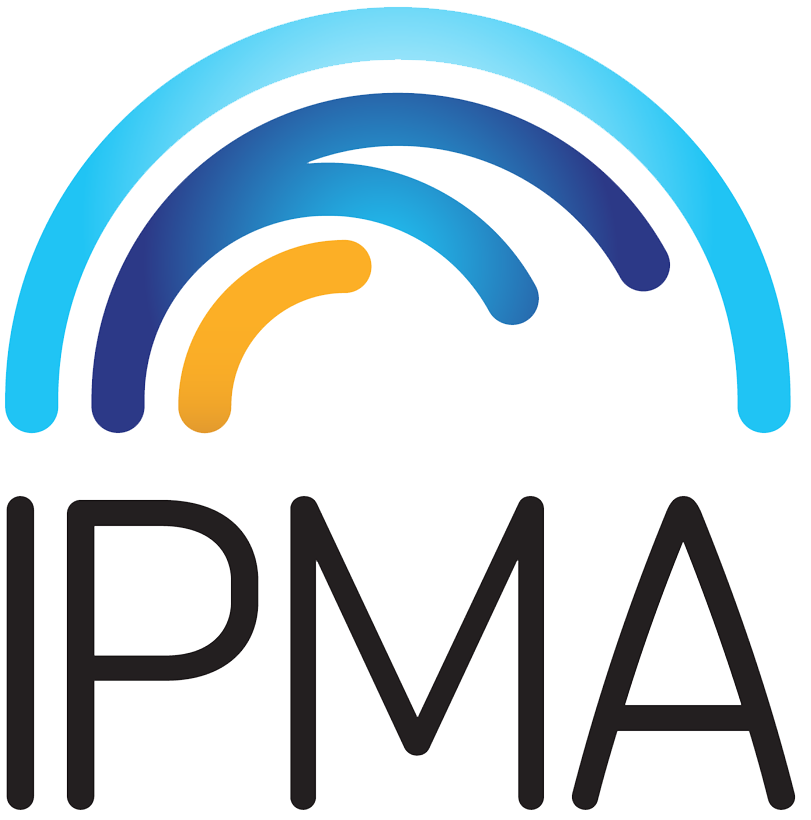
Portuguese Institute for Sea and Atmosphere
The Portuguese Institute for Sea and Atmosphere, I. P. (IPMA, IP), is a public institution, part of the indirect administration of State, endowed with administrative and financial autonomy and its own assets. IPMA I. P. follows the responsibility of the Ministry of Economy and Sea and Ministry of Agriculture and Food, under supervision and guardianship of the respective ministers.
IPMA has responsibilities at national territory level in the areas of the sea and atmosphere. Focusing its research efforts on projects that accrue to direct applications for use in operating activities, pursuing continuous improvement in the information made available to its users whether for commercial use or public service and in particular directed to the safeguard of people and property.
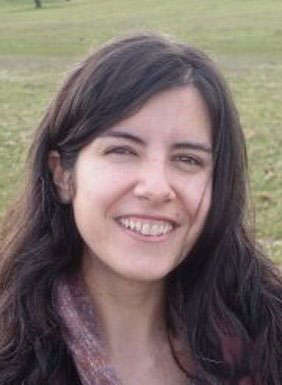
Teresa Moura
Researcher, Contributor (IPMA lead), Biodiversity/Fisheries
My research focuses on fisheries biology, biodiversity and assessment of demersal and deep-water fishes status, being also responsible for the Portuguese mainland assessment of Descriptor 1 (biodiversity) under the Marine Strategy Framework Directive. In B-USEFUL, I will be particularly involved in WP1, WP2, W4 and in the case study of the Western Shelf Seas.
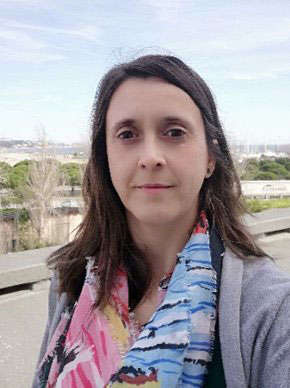
Rita Vasconcelos
Researcher, Case-study lead (IPMA lead), Biodiversity/Ecosystem services
I am an assistant researcher at IPMA (Instituto Português do Mar e Atmosfera. I am involved in the assessment of the state of marine fisheries resources and ecosystems, which is essential information for attaining their sustainable exploration. More specifically, in the data collection framework that produces scientific advice and that provides the basis for management of fisheries resources. In this context I am chiefly working on the design of the sampling programme for fisheries dependent data and on long-term temporal changes in biodiversity of communities, as well as on regional coordination of data collection
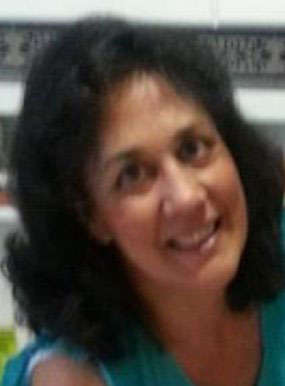
Ivone Figueiredo
Researcher, Contributor (WP 1), Fish stock dynamics
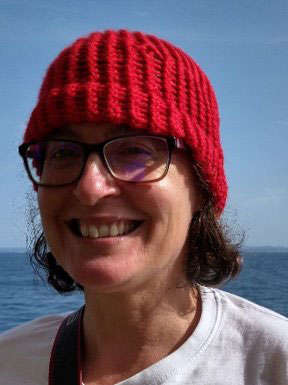
Corina Chaves
Technician, Contributor (WP 2), Bottom survey data
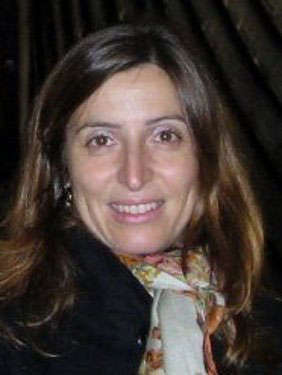
Maria João Botelho
Researcher, Contributor (WP 3), Ecosystem services
M. João Botelho received her MSc degree in Chemical Engineering, University of Lisbon in 2009 and a PhD in Environment, New University of Lisbon in 2014. She is a researcher of the Portuguese Institute of Sea and Atmosphere (IPMA) and head of the National Reference Laboratory of Marine Toxins at IPMA. Her expertise is on accumulation and biotransformation mechanisms of marine toxins in bivalves and her research is focused in fate and pathways of marine toxins and biosensors development to toxin detection.
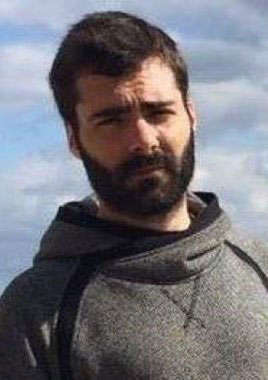
Jorge Lobo Arteaga
Researcher, Contributor (WP 1—3), Macrobenthos
Interpretation and description of estuarine and marine biodiversity using integrative taxonomy, combining traditional and molecular taxonomy. Phylogenetic / phylogeographic and population genetics studies including the use of genetic markers (eg DNA barcodes) and bioinformatic resources. I have focused my work mainly on macrobenthic organisms and applied new technologies (eg Next-Generation Sequencing).
Maria João Botelho
Researcher, Contributor (WP 4), Invertebrate biodiversity/Risk assessment
Cátia Bartilotti graduated in Marine Biology in the University of Lisbon in 2000, concluded her MSc Degree in Marine and Coastal Studies in 2005, and obtained her PhD in Marine Sciences in 2010, both at the University of Algarve. She is currently working on the study of the biodiversity of marine zooplankton in Portugal, using integrative taxonomy. Since 2016, she collaborates on the Portuguese citizen science program GelAvista, which monitors the presence of gelatinous organisms. Her main research interests are the study of decapod crustaceans and gelatinous organisms coupling the morphological and molecular taxonomy, the morphological description of decapod larval stages, and the phylogeny and phylogeography of selected taxa. More recently she has been interested in non-indigenous species, since she was coordinating the “Marine Strategy Framework Directive, descriptor 2- Non indigenous species” second cycle report, for Portugal mainland. She has 16 scientific publications in international journals and participated in various research projects.
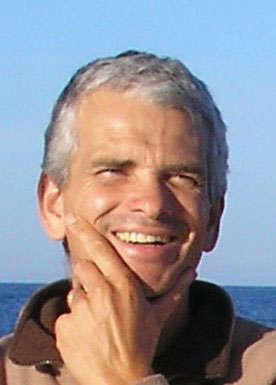
Paulo Oliveira
Researcher, Contributor (WP 3), Physical Oceanography
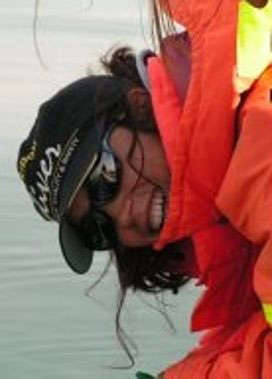
Joana Raimundo
Researcher, Contributor (WP 2—4), Contaminants/Marine litter
Joana Raimundo is currently a Pos-Doc researcher at the Portuguese Institute of Sea and Atmosphere (IPMA)—Division of Environmental Oceanography. She graduated in Marine Biology (2000), holds a MSc in Marine Sciences (2003) and a PhD in Biochemistry (2010). During this period her work was mainly related with bioaccumulation processes and its relation with the aquatic environment. She was one of the researchers responsible at IPMA for the environmental evaluation under the Water Framework Directive (WFD) and the Marine Strategy Framework Directive. Her work is mainly focused in the relations between exposure, fate and effects of contaminants in marine organisms, searching for responses and effects through biochemical or cellular modifications.
Clara Lopes
Technician, Contributor (WP 2—4), Contaminants/Marine litter
Clara Lopes is a Senior Technician at the Portuguese Institute of Sea and Atmosphere (IPMA) and her work is mainly related to the presence of microplastics in the marine environment and the optimization and harmonization of methodologies for the extraction and analysis of microplastics from different environmental matrices. She is one of those responsible at IPMA for the environmental assessment of Descriptor 10 – Marine Litter, under the Marine Strategy Framework Directive (MSFD). She collaborates in FCT and JPIOceans projects related to the presence of microplastics in the environment (Hotmic, Response), national projects (CEIC, CSS, SARDINHA 2020 (MAR2020) and projects related to marine litter (ALIMAR, Blue Fund).
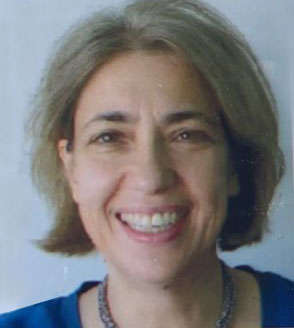
Margarida Delgado
Technician, Contributor (WP 7), Secretariat

Wageningen Research (WR)
Wageningen University & Research is a collaboration between Wageningen University and the Wageningen Research foundation.
The strength of Wageningen University & Research lies in its ability to join the forces of specialised research institutes and the university. It also lies in the combined efforts of the various fields of natural and social sciences. This union of expertise leads to scientific breakthroughs that can quickly be put into practice and be incorporated into education. This is the Wageningen Approach. Collaboration with other parties such as government, business and NGOs is indispensable. This is in line with the Finding Answers Together ambition.
The scientific quality of Wageningen University & Research is affirmed by the prominent position we occupy in international rankings and citation indexes.
The domain of Wageningen University & Research consists of three related core areas:
- Food, feed & biobased production
- Natural resources & living environment
- Society & well-being
Marcel Rozemeijer
Contributor (WP 1, 4, 6, 7), Senior Scientist Blue Growth & Resource Extraction
I am an expert in resource-extraction from the marine environment. This rangers from sand extraction for coastal defence and infrastructure to the metal, polyphosphates and gas methane extraction from the deep sea. I have studied these fields in a scientific approach and also in more applied sense as a program manager of a monitoring and evaluation program for sand extraction and as an advisor for several environmental impact assessments for sand extraction.
I enjoy making knowledge and science applicable for policy and management, a translator between different worlds. Due to my high creativity and intuition I am able to enter a wide array of fields and come up with innovative solutions.
Also in the field of Integrated Coastal Zone Management I am active with innovative coastal deference and communication games in order to mobilize exchange between stakeholders. In the field of water ecology, I have studied estuary dynamics, wetlands, coral reef ecology, eutrophication of freshwater systems, wastewater-treatment, transport of suspended particulate matter (SPM) and fish larvae, modeling of hydrodynamics, SPM and phytoplankton. I have a PhD in Environmental and Toxicological Chemistry.
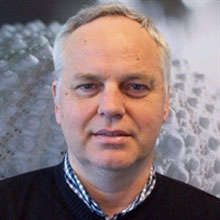
Ruud Jongbloed
Contributor (WP 2, 3, 4, 5), Senior Scientist Environmental Impact Assessments
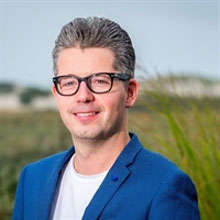
Ralf van Hal
Contributor (WP 3), Senior Scientist Marine Ecology
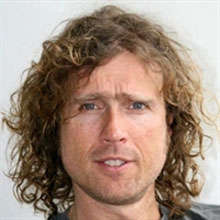
GerJan Piet
Contributor (WP 3, 4, 5), Senior Scientist Marine Ecology
Dr Gerjan Piet of WMR (Wageningen UR) has been working for some 25 years on the development of the knowledge base to support environmental assessments and ecosystem-based management of maritime activities aimed at a sustainable exploitation of the marine environment. He is the author of more than 60 publications in peer-reviewed journals and has participated in and coordinated several EU-funded projects that involve operationalizing policy, indicators, environmental risk assessments, sustainable exploitation and the development of management strategies and their evaluation (e. g. EFEP, MEFEPO, INDECO, INDENT, MAFCONS, IMAGE, MEECE, ODEMM, AQUACROSS). He is a member of the European Topic Centre on inland, coastal and marine waters (ETC-ICM) of the European Environment Agency (EEA) and member or (has been) chair of several STECF and ICES working groups, all aimed at developing the knowledge base to support various marine conventions with sustainability at their core, including the Marine Strategy Framework Directive, the EU Biodiversity Strategy, Common Fisheries Policy and Birds and Habitat Directives. His expertise revolves around the issue of sustainable exploitation of the marine environment spanning the whole breadth from data collection, indicator development and application, environmental- / cumulative effects assessments and operational integrated ecosystem-based management of maritime activities.
Lobke Jurrius
Contributor (WP 1, 6), Scientist Marine Governance
My research at Wageningen Marine Research focuses on marine governance, with special emphasis on the interactions between different uses of and developments on the North Sea (nature, food and energy). In B-USEFUL, I am involved in identifying and engaging stakeholders, including the development of a serious game to map barriers and needs in marine biodiversity management (work package 1).
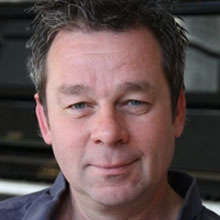
Luc van Hoof
Contributor (WP 1), Scientist Marine European Research Development
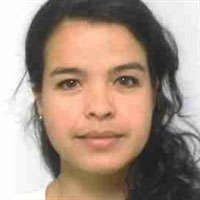
Sarah Smith
Contributor (WP7), Senior Scientist Marine Ecology
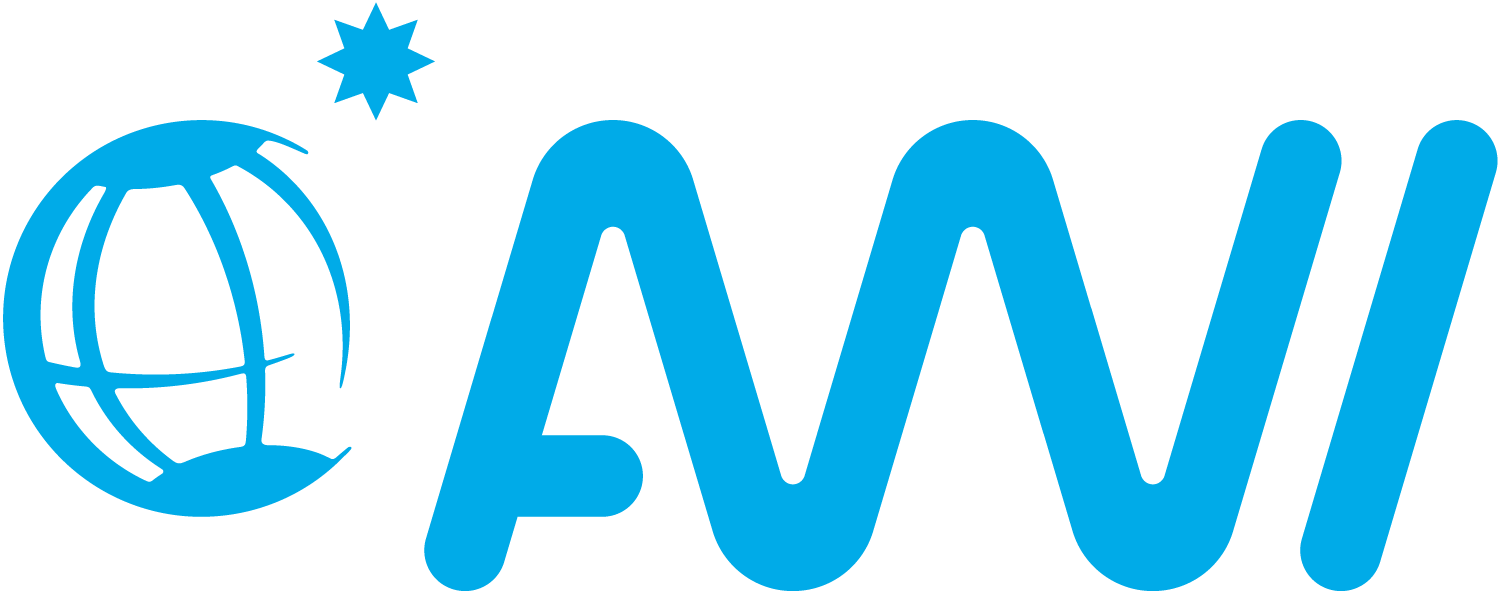

Alfred-Wegener-Institut (AWI) /
Helmholtz Institute for Functional Marine Biodiversity (HIFMB)
As a Helmholtz centre for polar and marine research the Alfred Wegener institute works above all in the cold and temperate regions of the world. Together with numerous national and international partners we are involved to decipher the complicated processes in the “system of earth”. Our planet is in a radical climate change. The pole areas and seas change. At the same time they play a central role in the global climate system. How does the planet earth develop? Do we observe short-term variations or long-term trends? Polar and marine research has always been a fascinating scientific challenge. Today it is also a piece of futurology.
Understanding the role of biodiversity change for ecosystem functions and to develop concepts for the protection of marine biodiversity requires integrative research merging fundamental natural science (ecology, evolutionary biology, biogeochemistry) and social science disciplines (governance, political science, economics) as well as transdisciplinary approaches to conservation and management concepts.
The HIFMB analyzes different dimensions of biological diversity (from the taxonomic composition of species communities to functional and genetic diversity) to quantify how the variety of marine life changes under global change (changes over time, shifts in distribution ranges, extinction).”
Ute Jacob
Senior Scientist, WP 6 Lead, Marine Biodiversity Change, Conservation, Science Policy Interface
I am marine ecologist by training, I have started my scientific journey on the ecology of cidaroid sea urchins in the Weddell Sea, for my PhD I have built one of the largest marine food webs for high Antarctic Ecosystems always driven by the question how we can use scientific knowledge to conserve marine biodiversity. Having moved on from empirical research to strategically facilitate the science policy interface across national and international scales my main intention has not changed, how do we manage marine ecosystems to protect both biodiversity and the ecosystem services on which society relies?
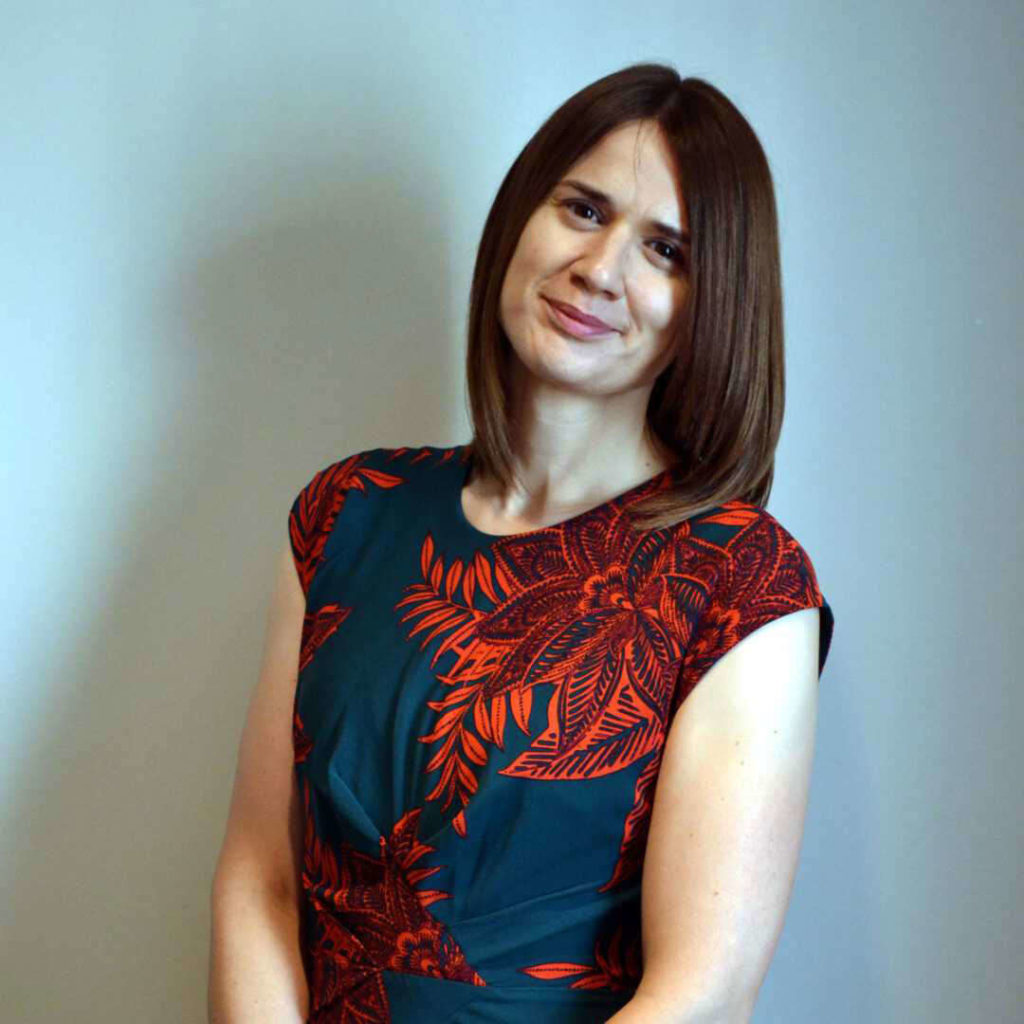
Kim Peters
Professor, WP 6, Marine Governance/Stakeholder Engagement
As human geographer by training, my work takes place in the context of the seas and oceans. Geography has been a traditionally land-locked discipline. Scholars studying both human and physical processes have looked inwards to land, rather than outwards to sea as a source of inspiration for their research. This is unsurprising. For the past decade, my work has set about exploring the geographies of the seas and oceans with a particular focus on how power operates in the marine environment and how governance works (and fails). I have explored this in the context of pirate radio ships, prison hulks, deep-sea mining to vessel traffic management. I am also interested in the ways in which the seas and oceans offer geographers, and other social and political scientists, an alternate way for thinking about time, space, territory and movement—shifting from static modes of knowing and understanding the world. Here the sea becomes a theoretical tool that in turn helps enable practical work to be done differently.
Helmut Hillebrand
Professor, WP 3 & 6, Biodiversity Change/Conservation
I am generally very interested in the mechanisms that constrain and alter biodiversity in a variety of ecosystems. I like to think about the complex nature of biodiversity change and ecological stability. Trained as an experimental ecologist, I have focused more on research syntheses and data analyses in recent years.
Josie Antonucci Di Carvalho
PostDoc, WP 6, Biodiversity/Conservation/Stakeholder Engagement
My research interests revolve around applied ecology and conservation, with a specific focus on anthropogenic factors, and the impact of biodiversity change. I am deeply passionate about understanding the complex interactions between species and their environments, and how human activities influence these dynamics. By studying these areas, I aim to contribute to the development of effective strategies for conserving and managing ecosystems in the face of ongoing environmental challenges.
In B-USEFUL, I am mainly involved in the WP6 which revolves around facilitating biodiversity conservation and promoting sustainable ecosystem services. We will accomplish this through stakeholder engagement, effective results communication, and impactful public outreach. By utilizing innovative decision-support tools, knowledge communication, and synthesis, as well as educational initiatives, we aim to enhance the conservation of biodiversity and foster sustainable ecosystems. Together, we can make a real difference in preserving our natural world.

Thünen Institute of Sea Fisheries
As a research institute in the portfolio of the Federal Ministry of Food and Agriculture (BMEL), we work at the interface of science, politics and society.
The sustainable use of our natural resources and the vital development of rural areas are central social goals. These goals will not be achieved by themselves. That is why parliaments and governments have created a comprehensive set of rules that must be constantly developed and adapted to new challenges.
This involves complex questions, such as: How should we adapt our forests to climate change? What impact does the designation of nature reserves have on fish stocks? How can we shape the “green architecture” of agricultural policy in such a way that the various social goals are achieved in the best possible way? Why do some rural regions prosper while others fear being left behind?
In order to find scientifically sound answers to such questions, the Thünen Institute has been established as a scientifically independent research institution at the interface of science, politics and society.
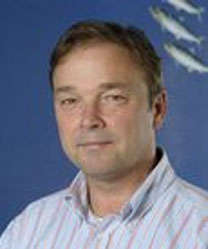
Heino Fock
Researcher, (WP 1,2,3)
Research interests: Demersal fish stocks of Greenland, Management advice, Ecology and diversity of fishes in the North Atlantic, Ecosystem approach to fisheries.
